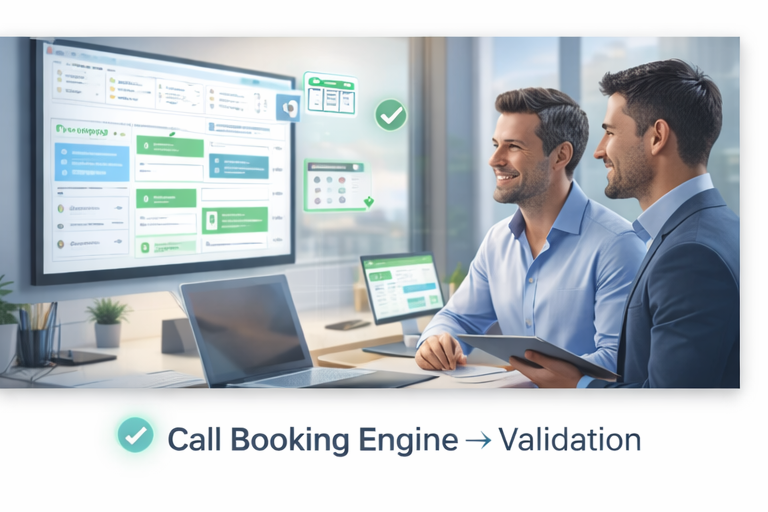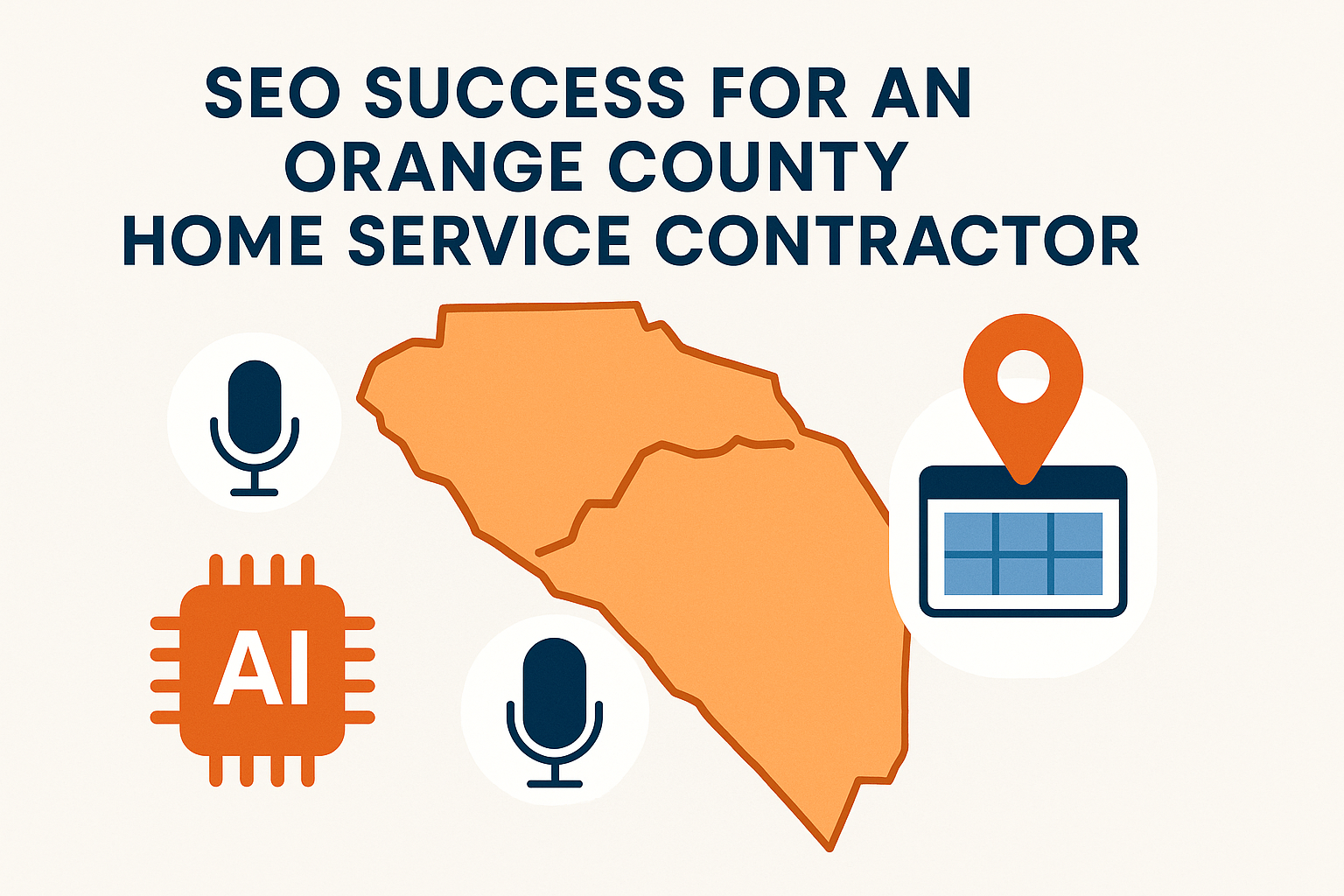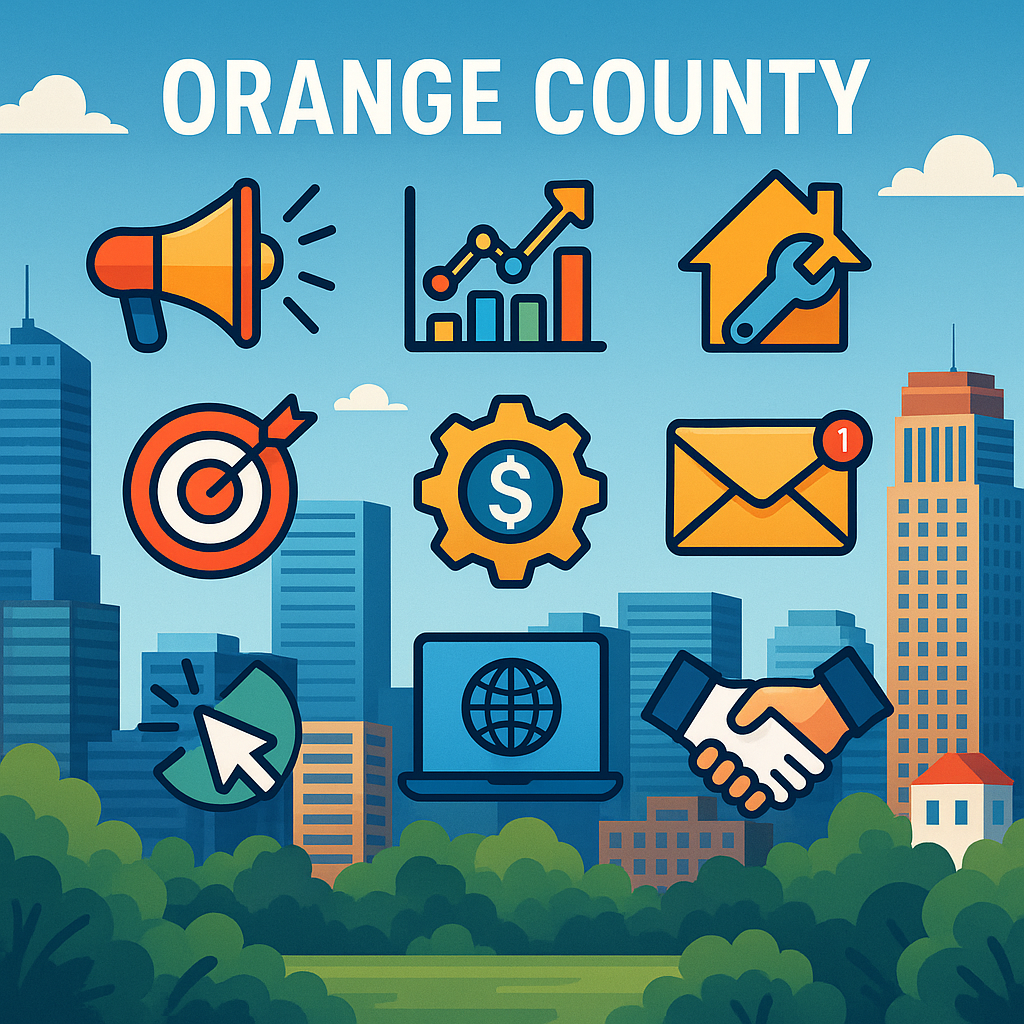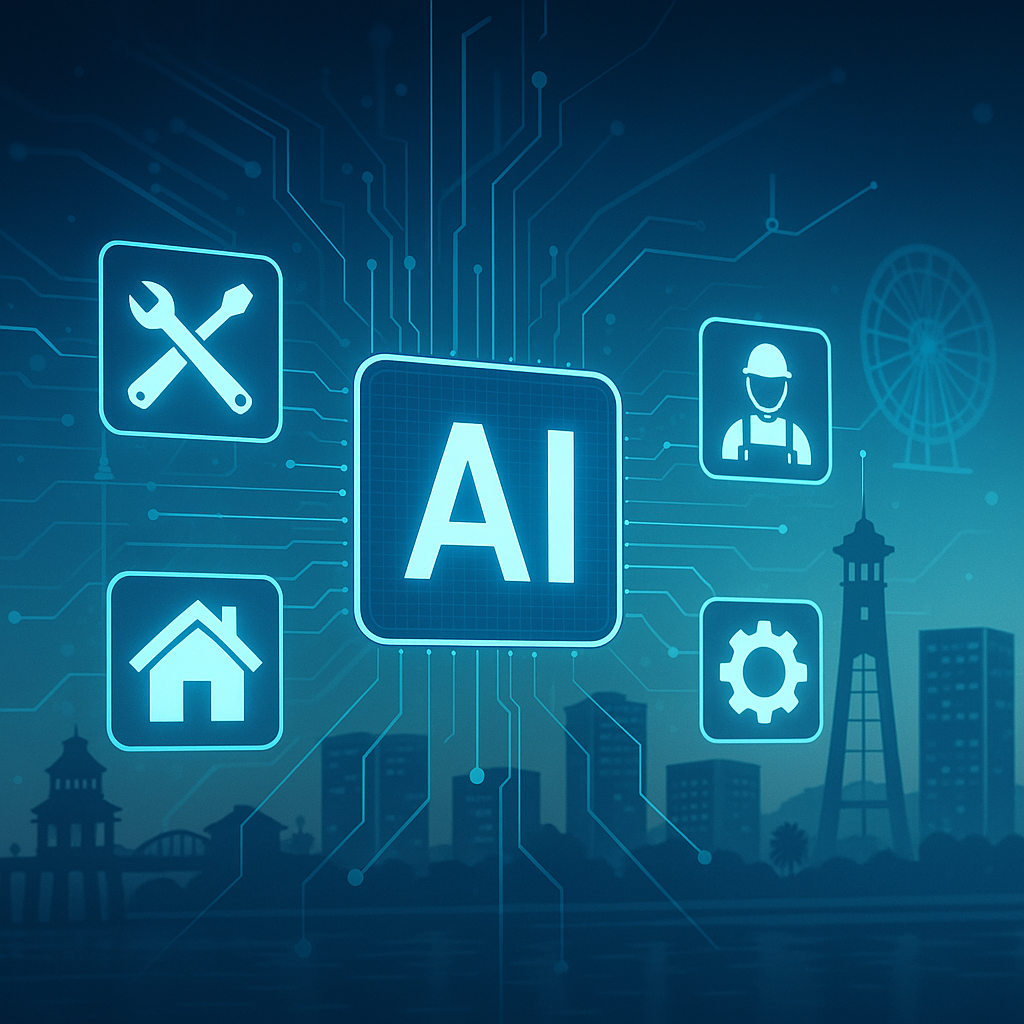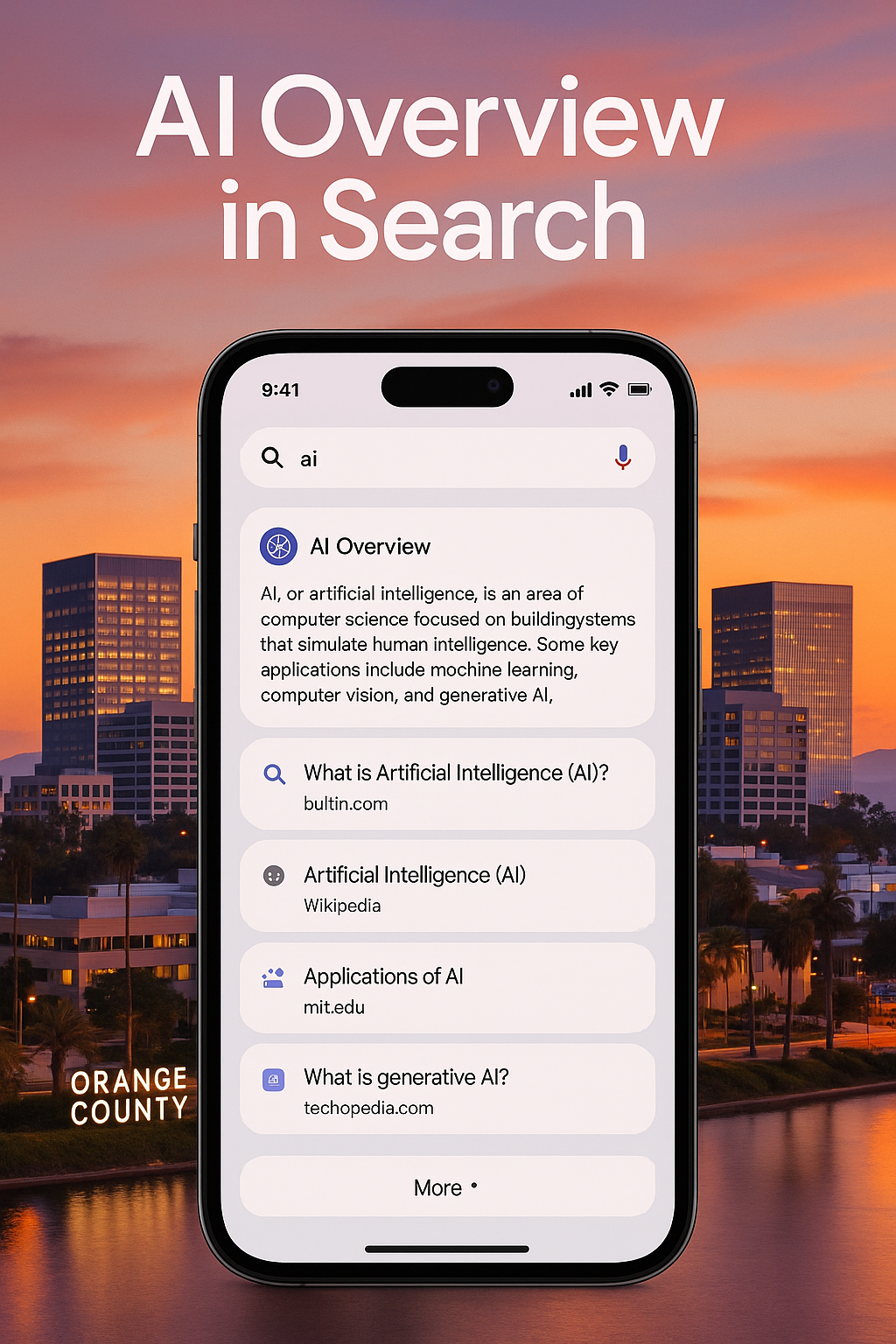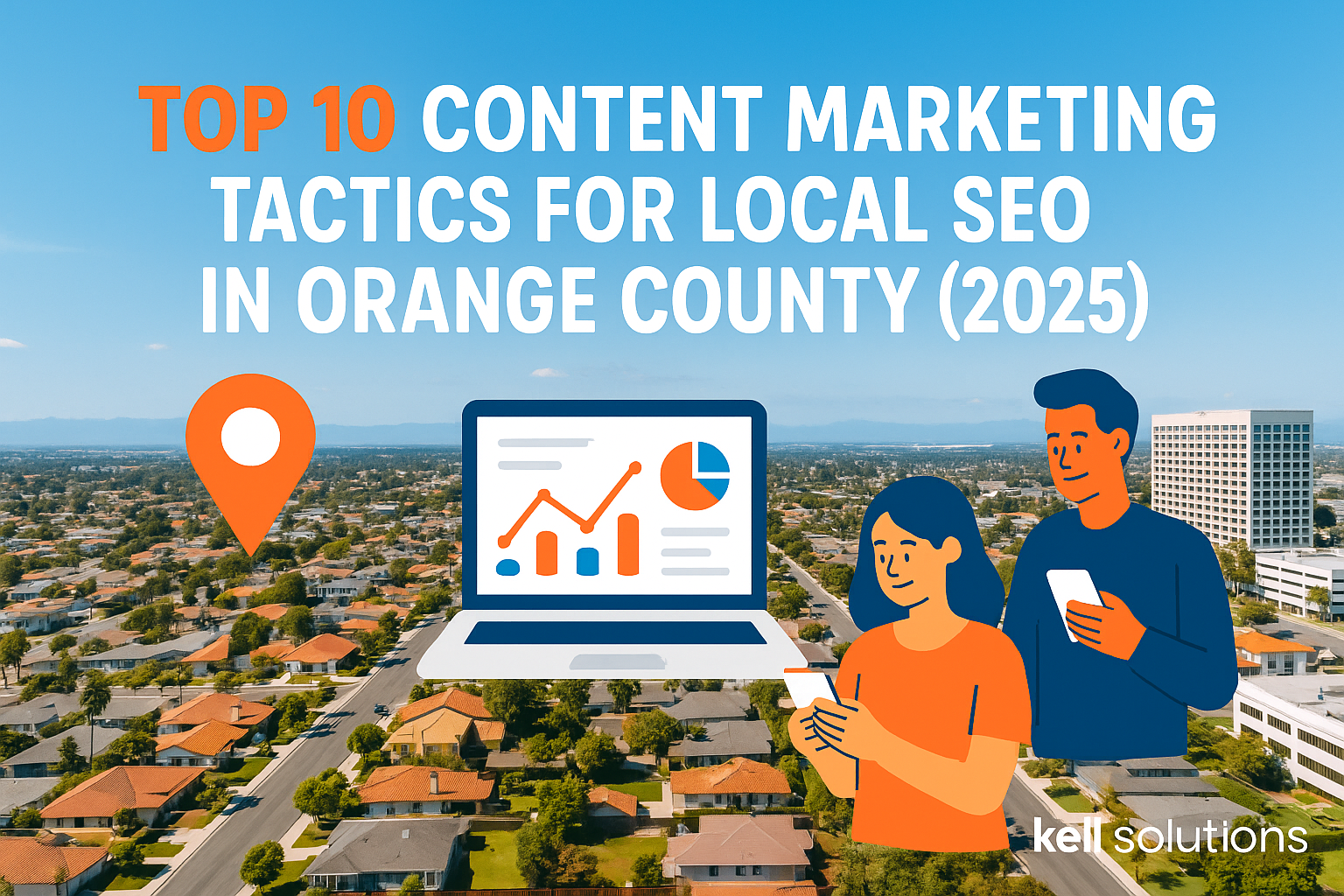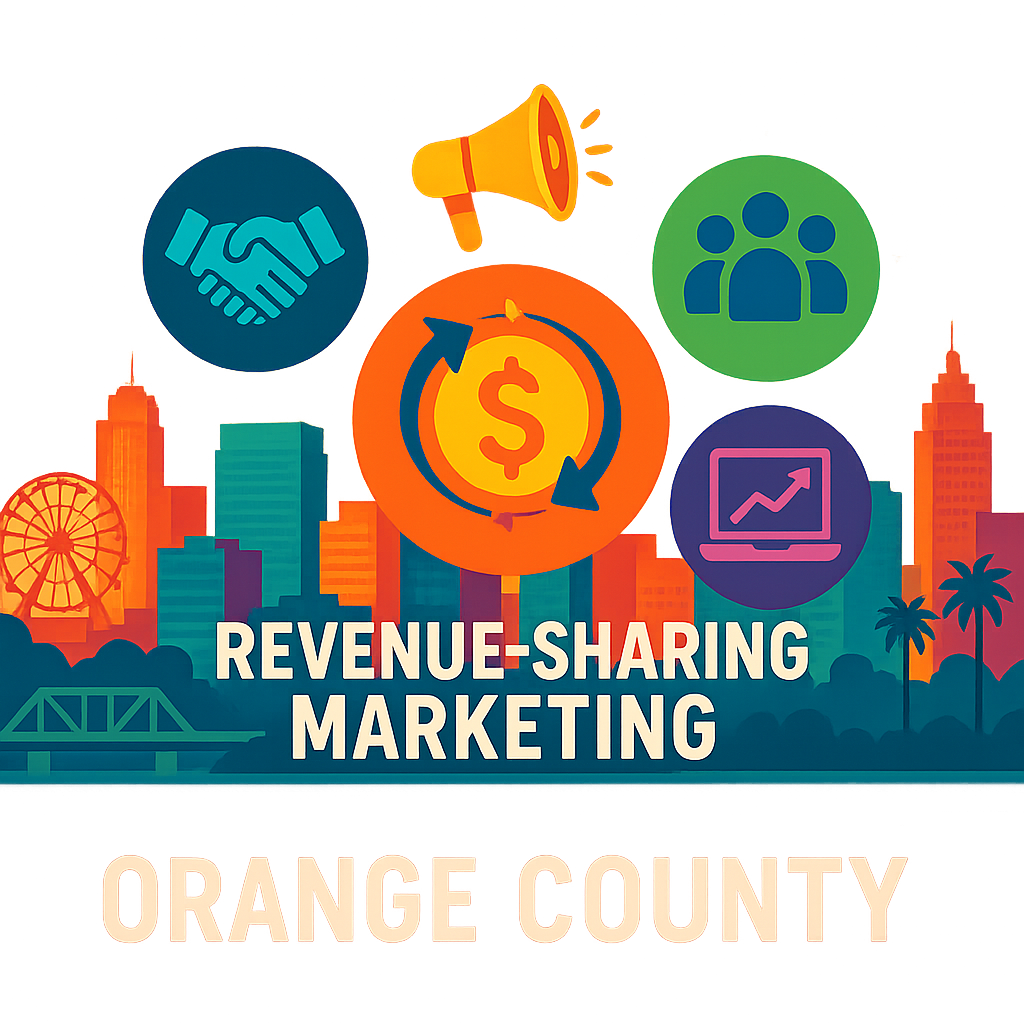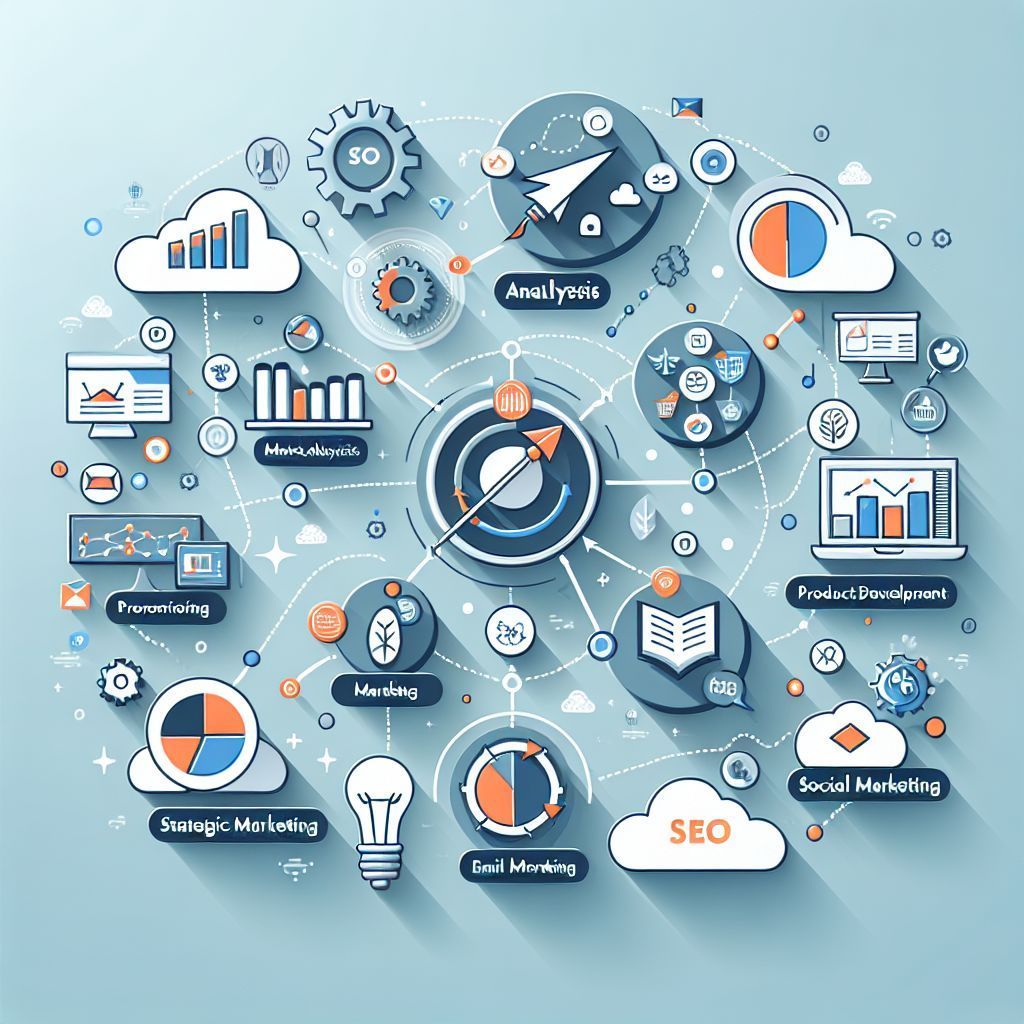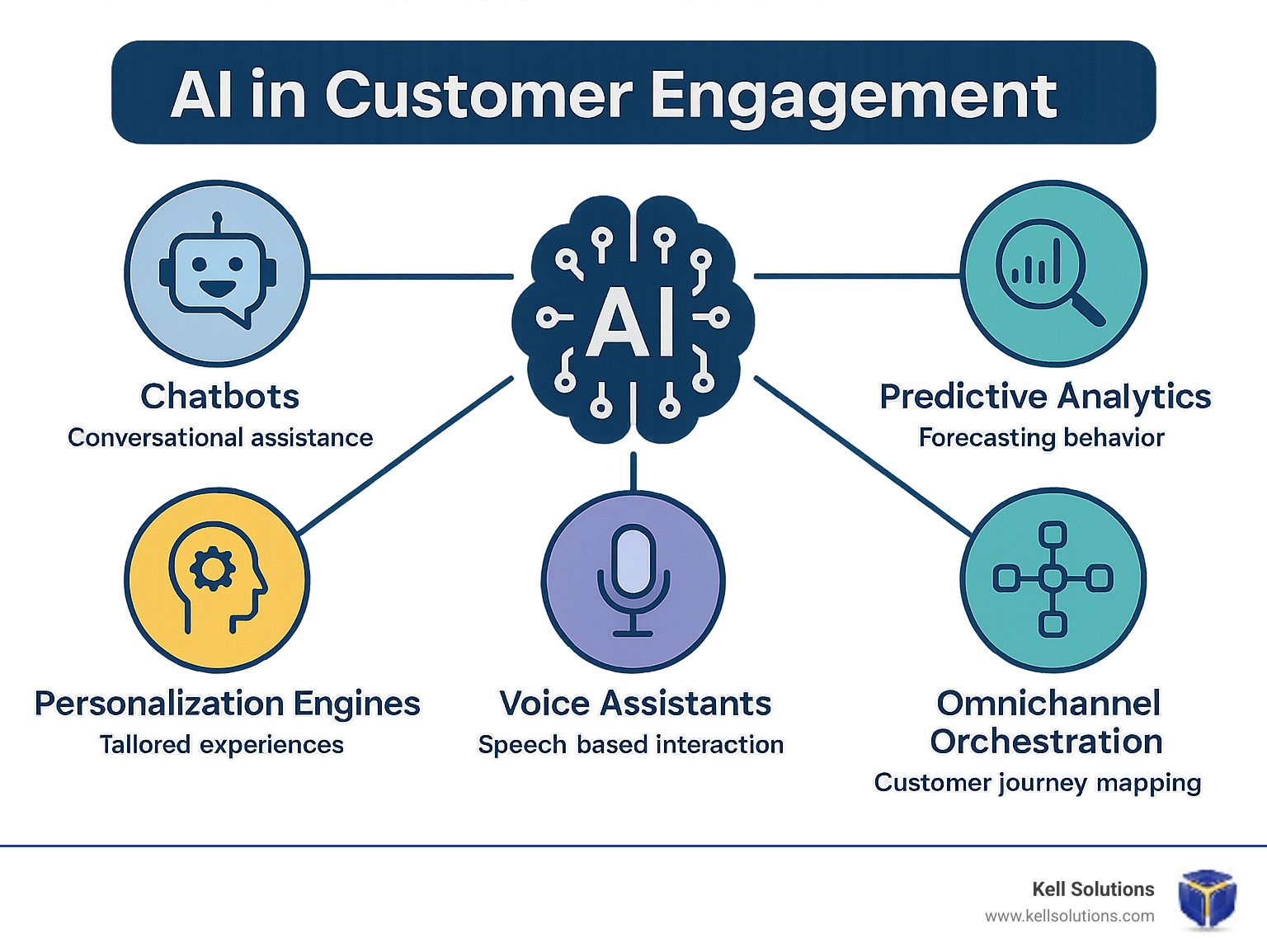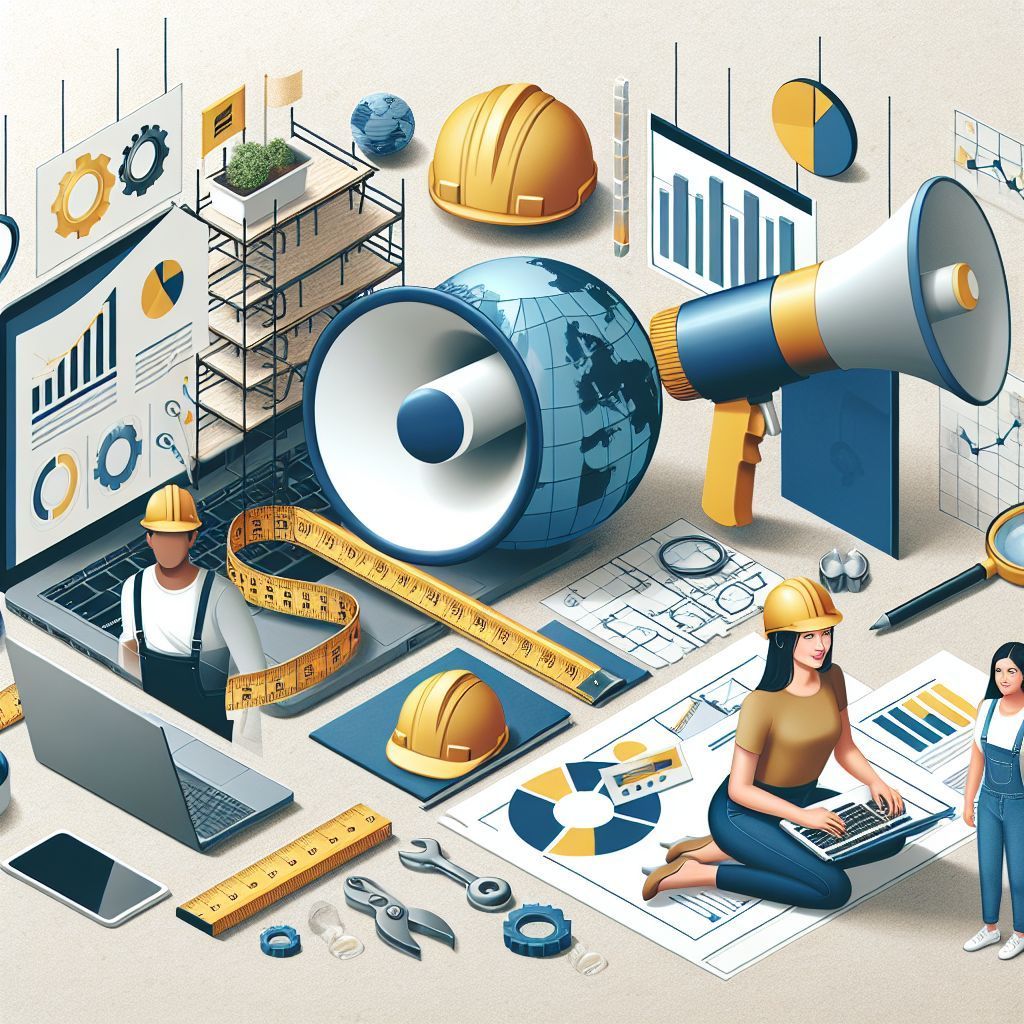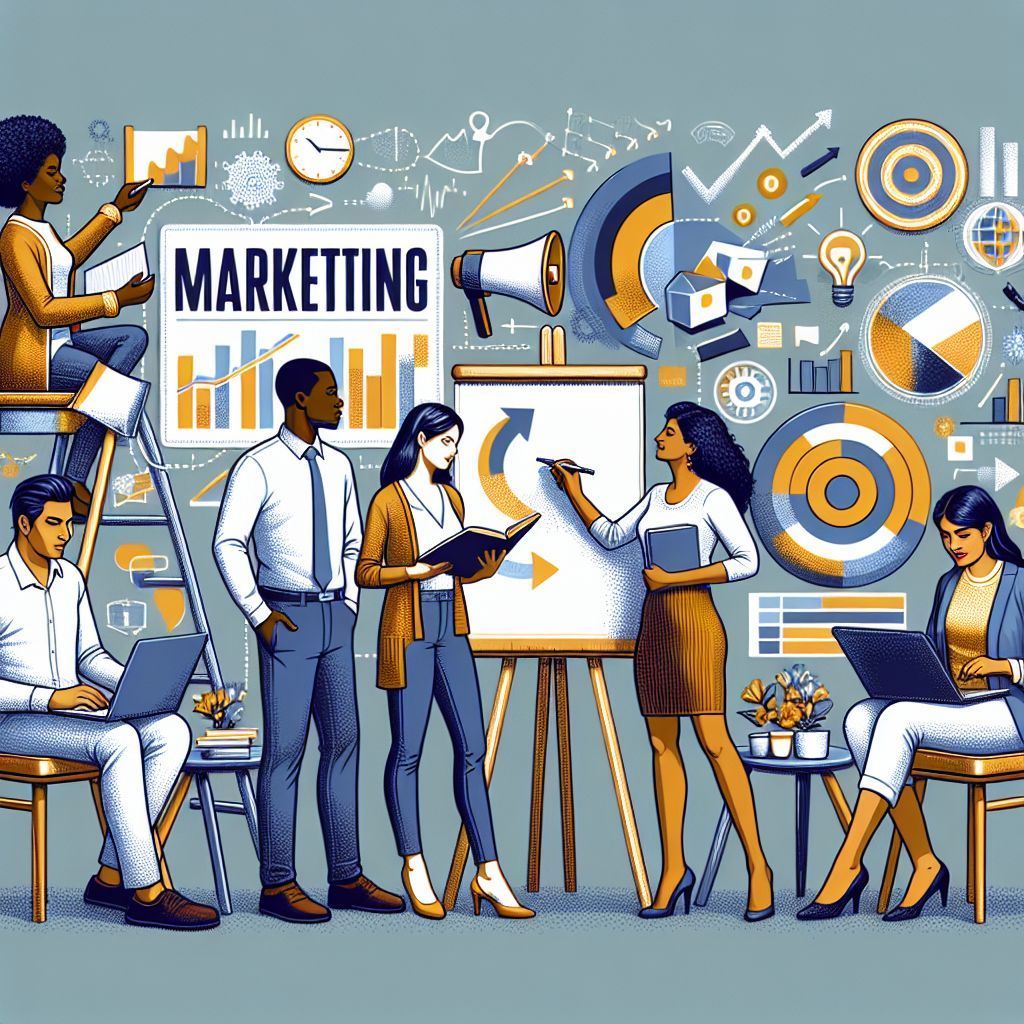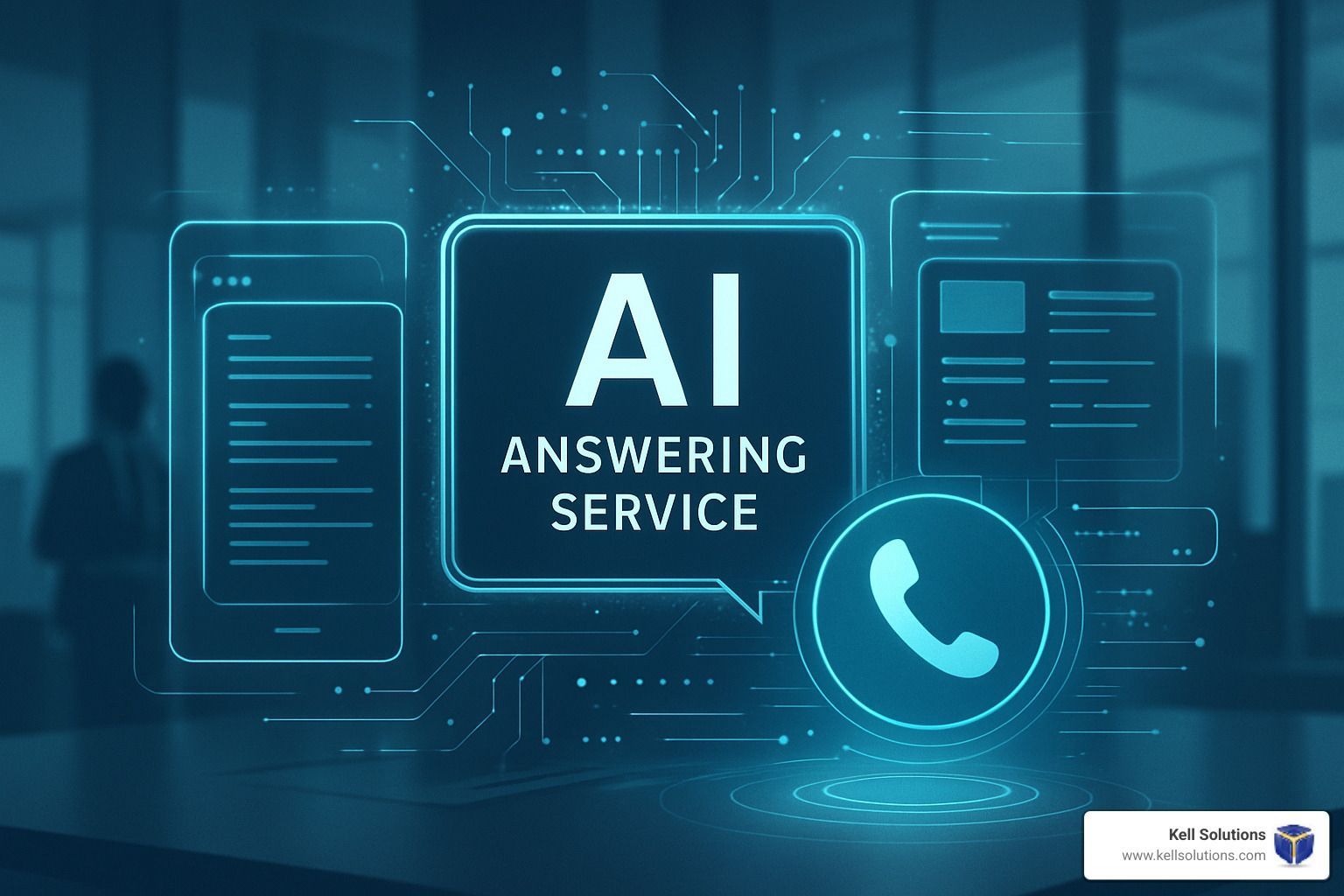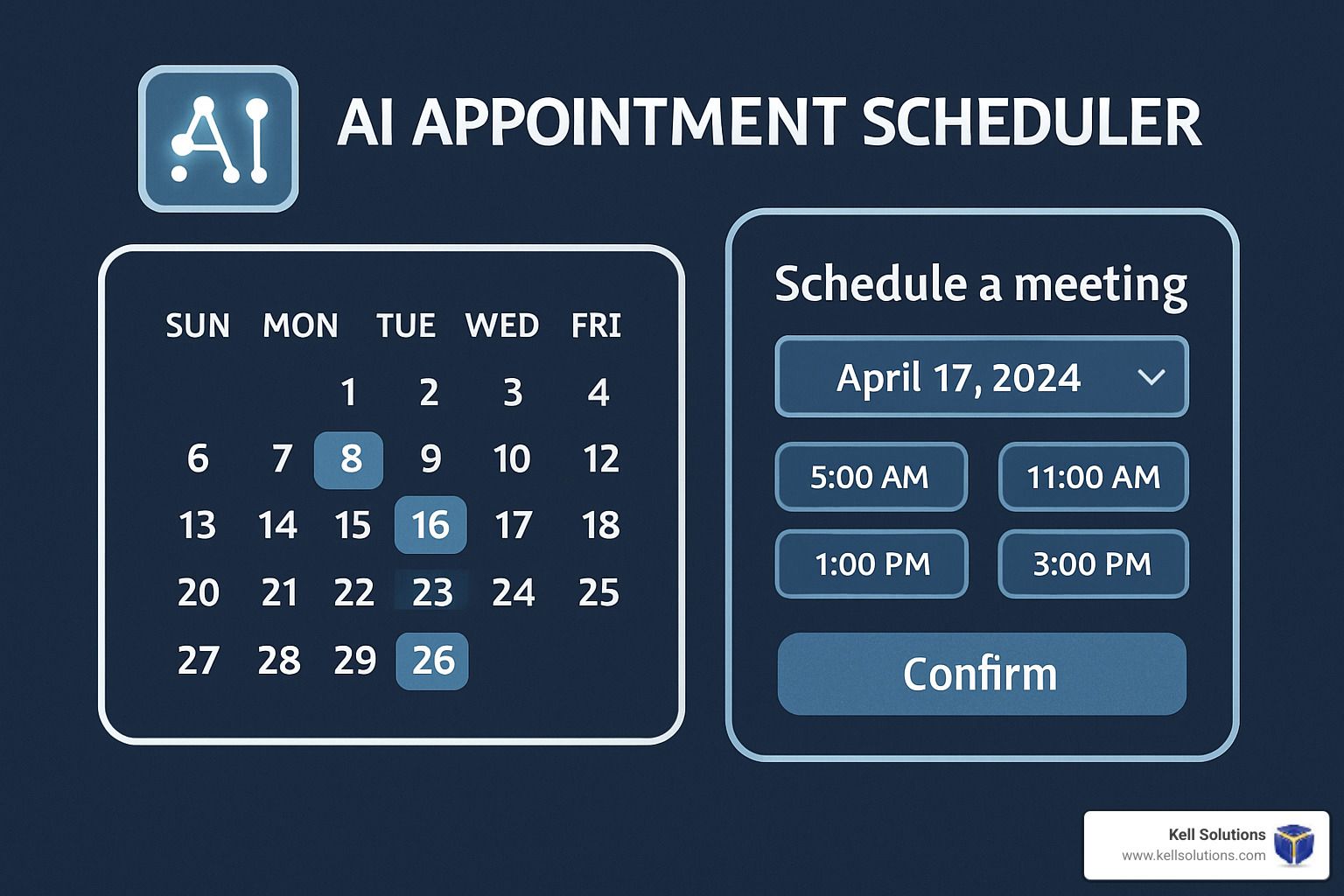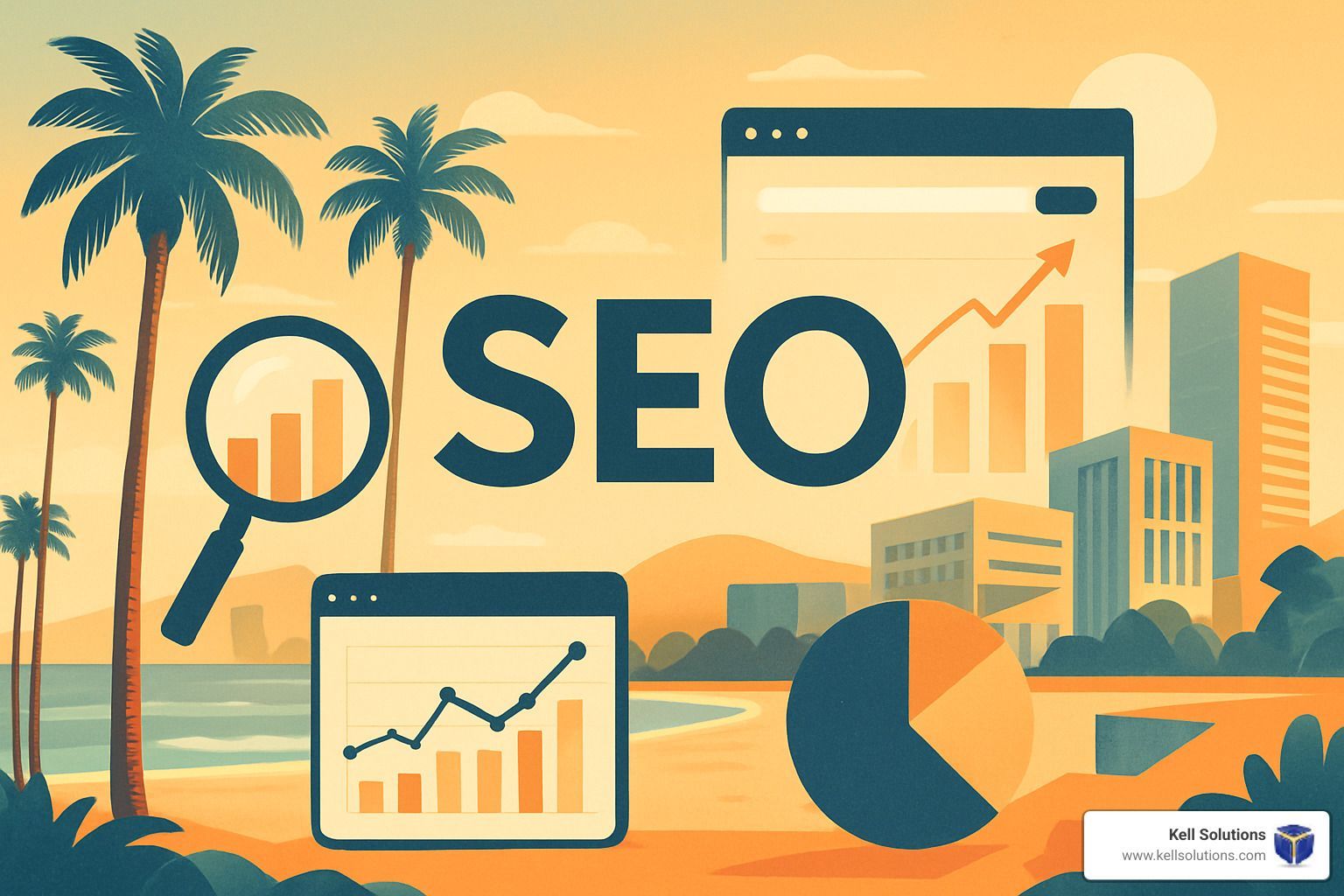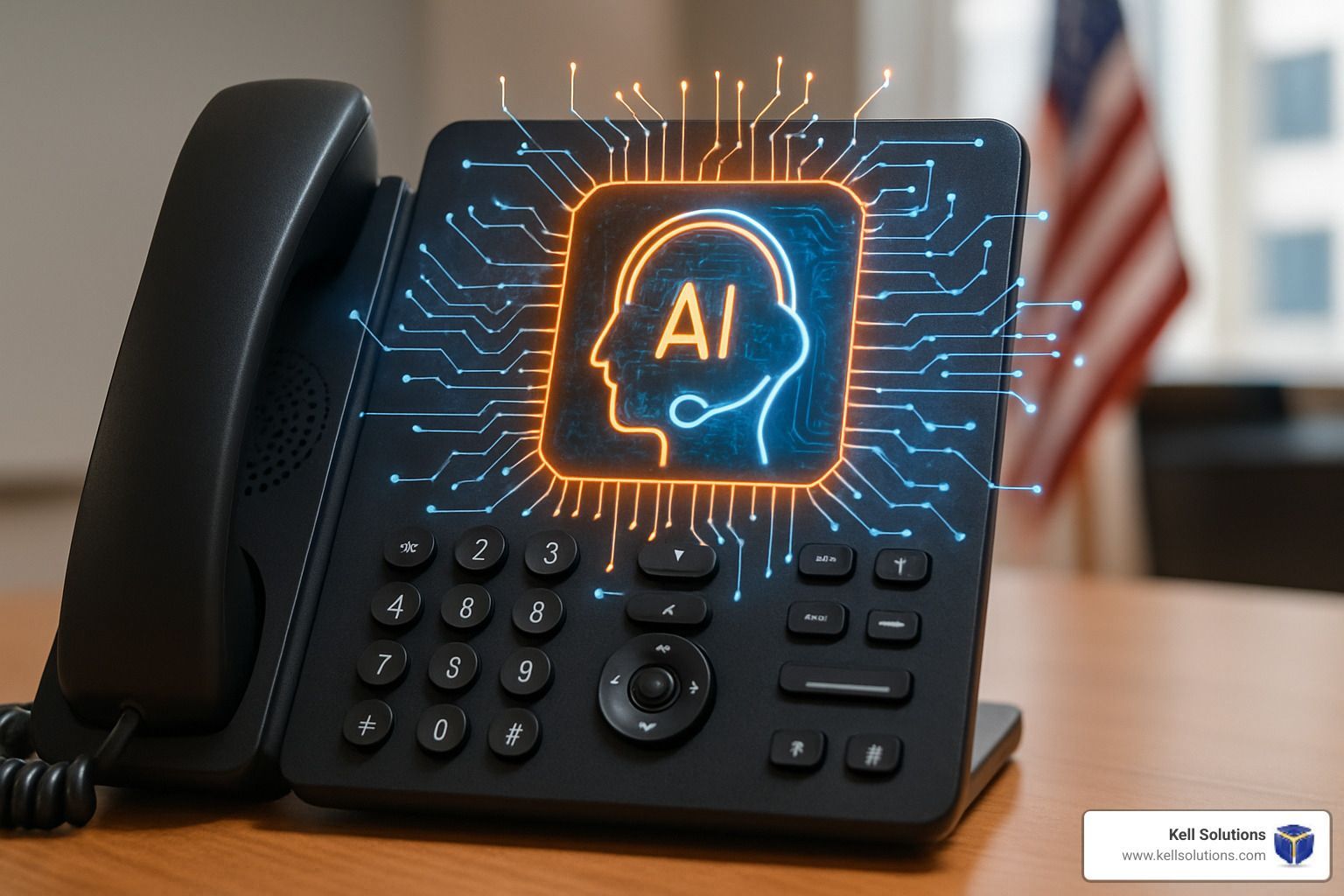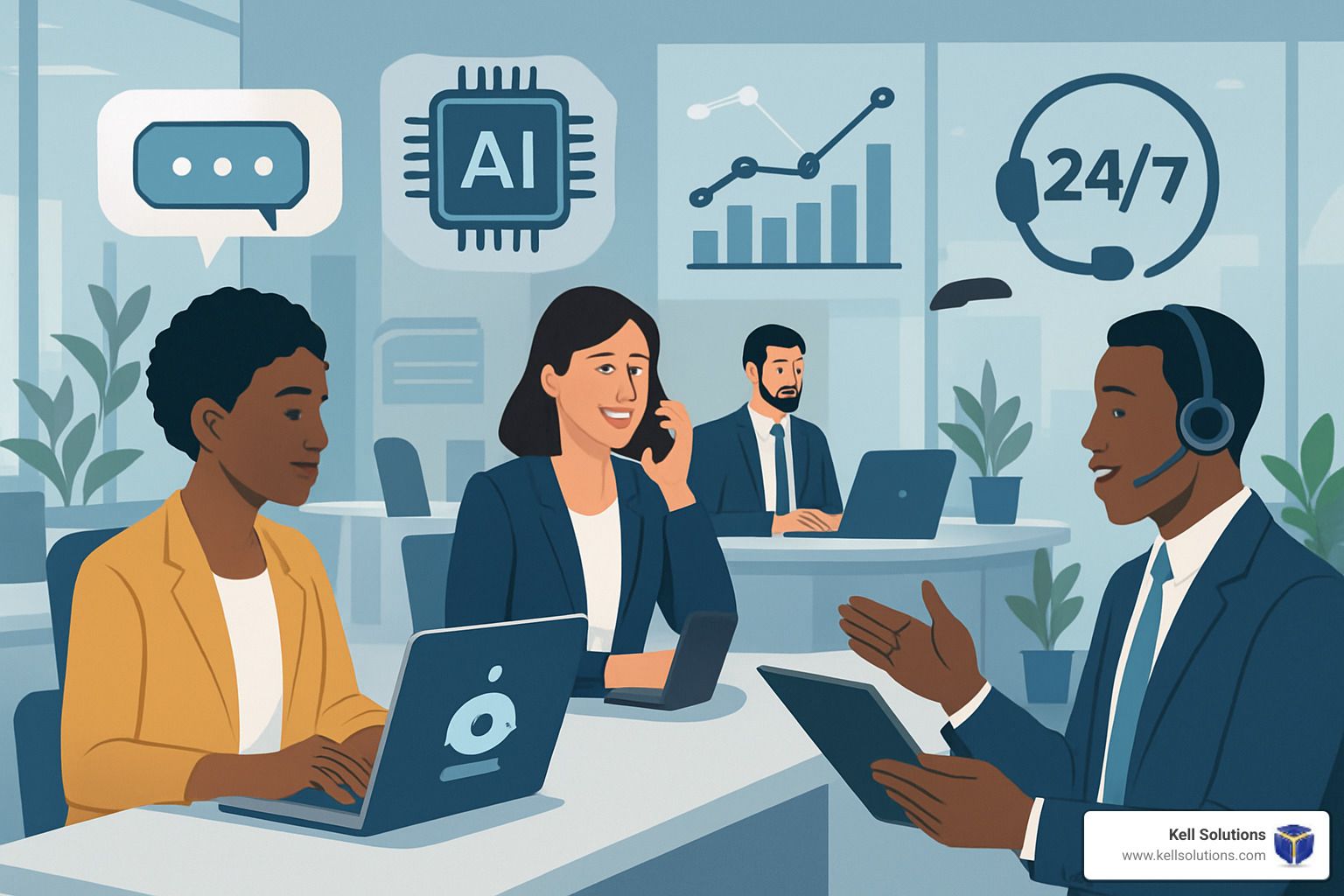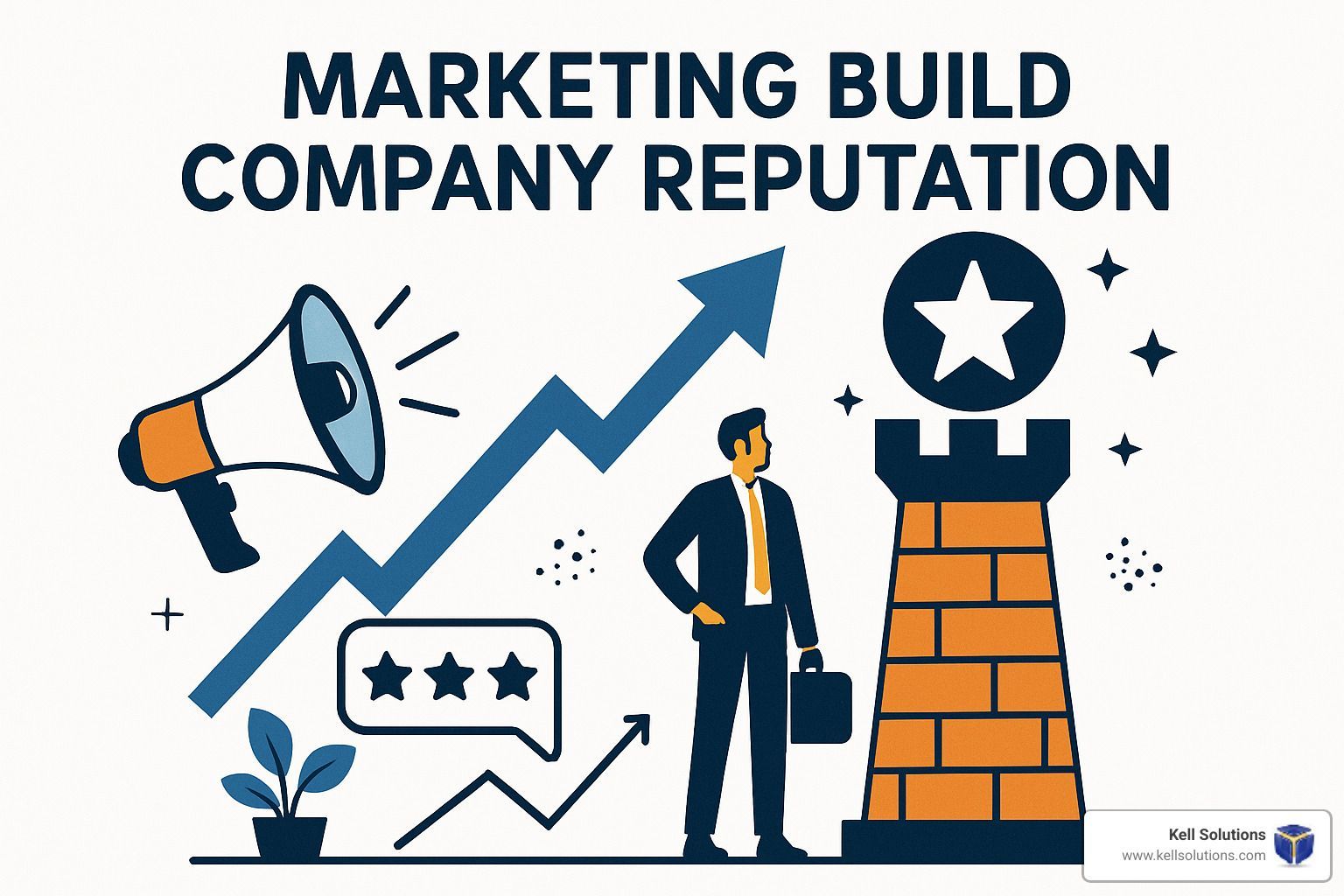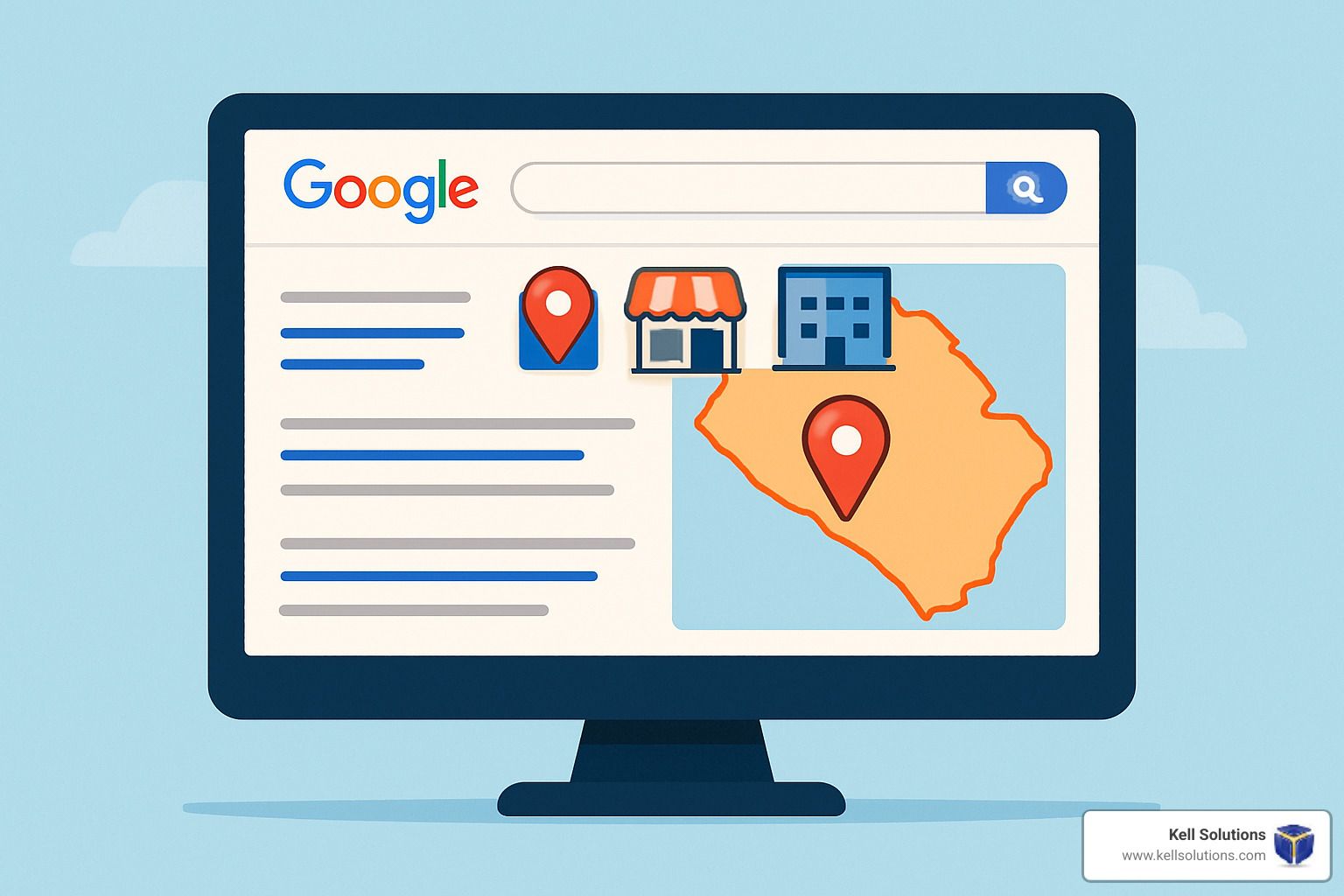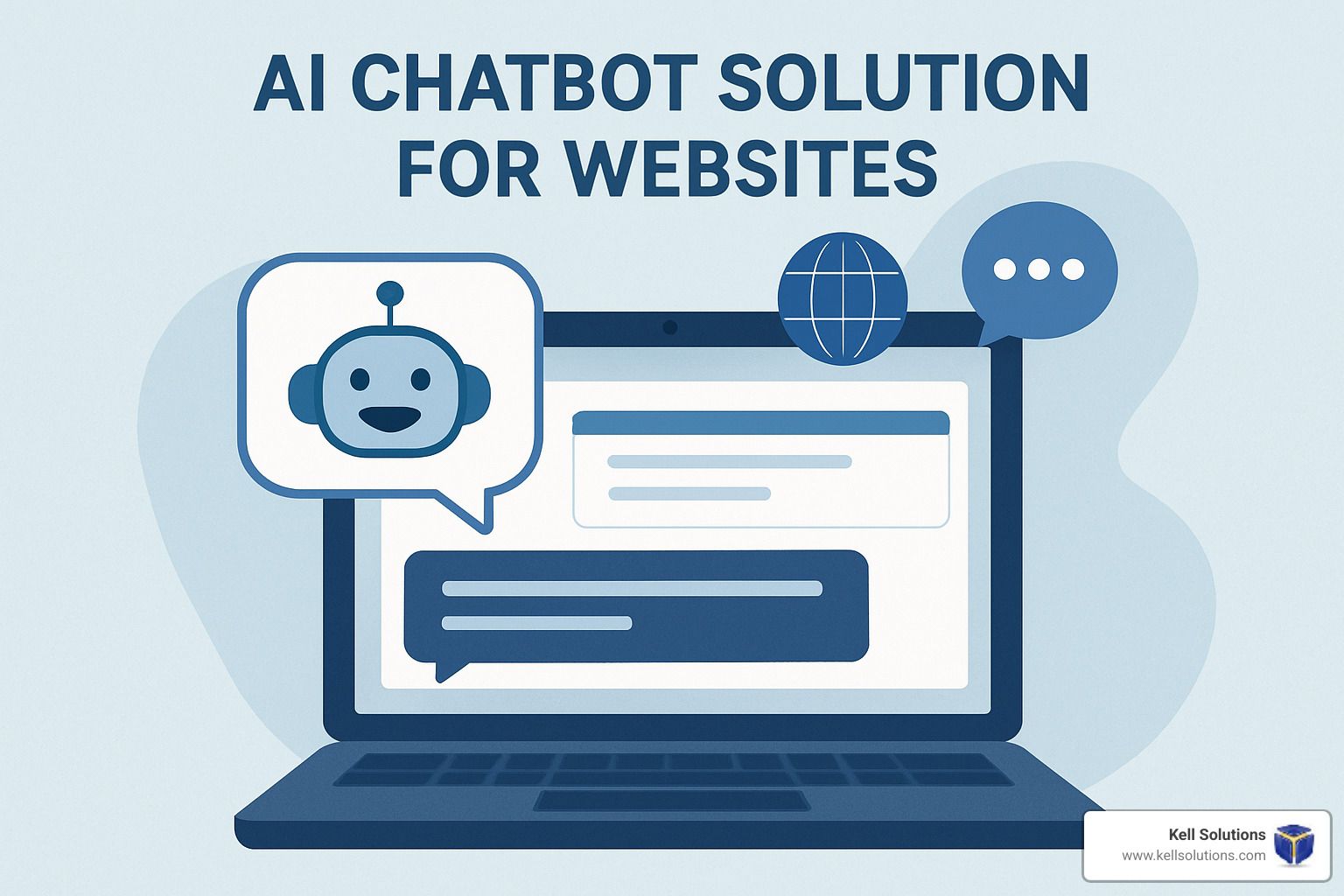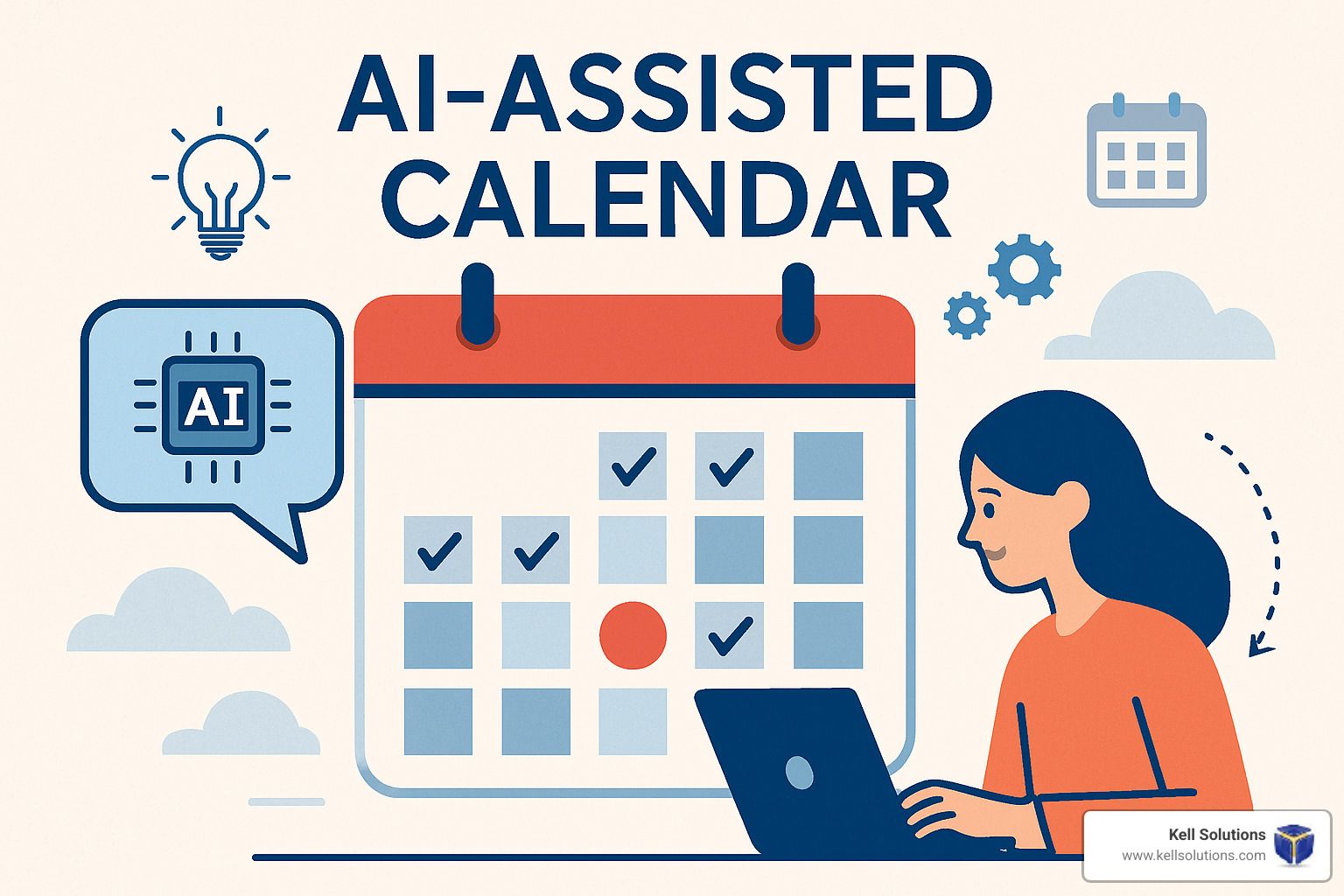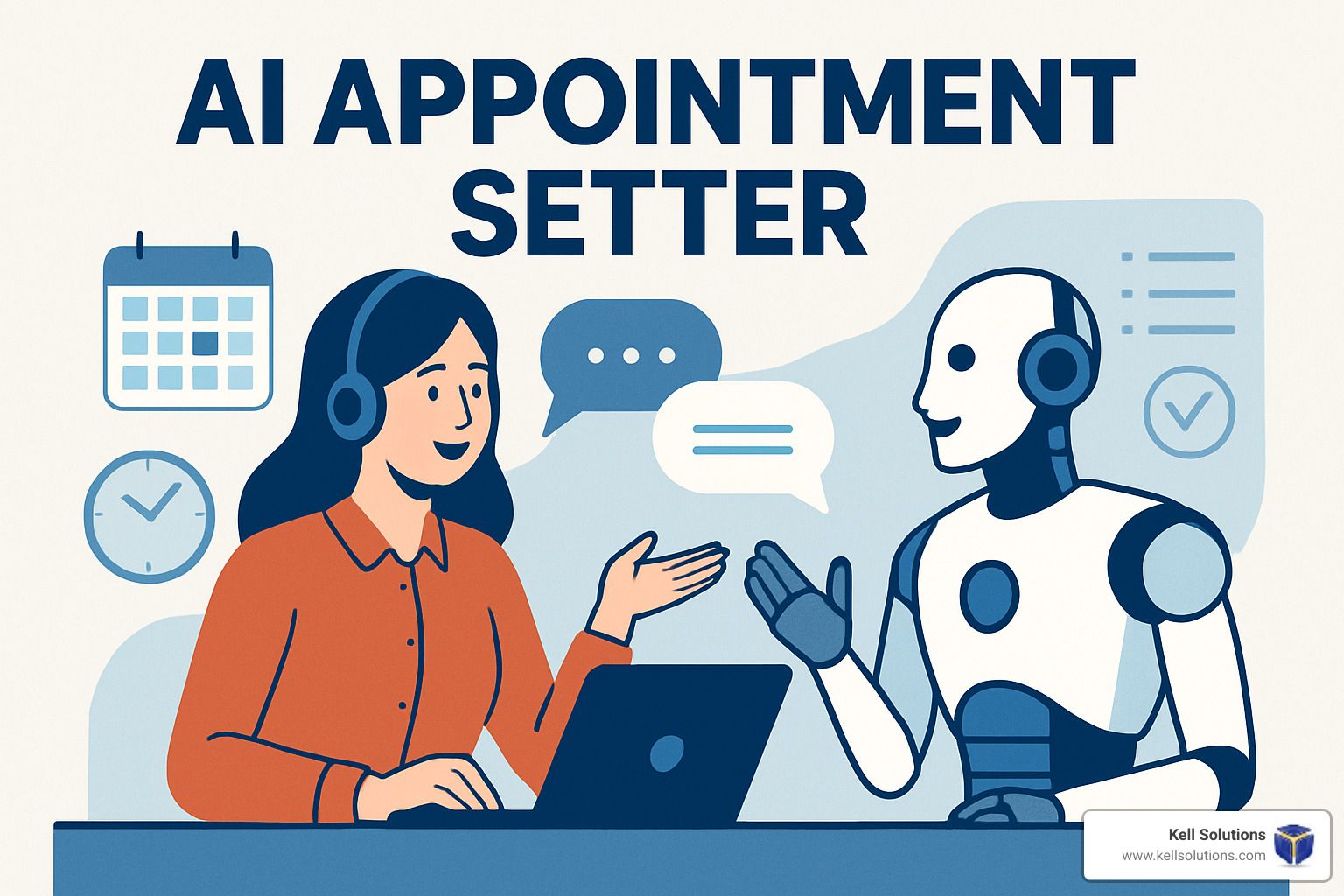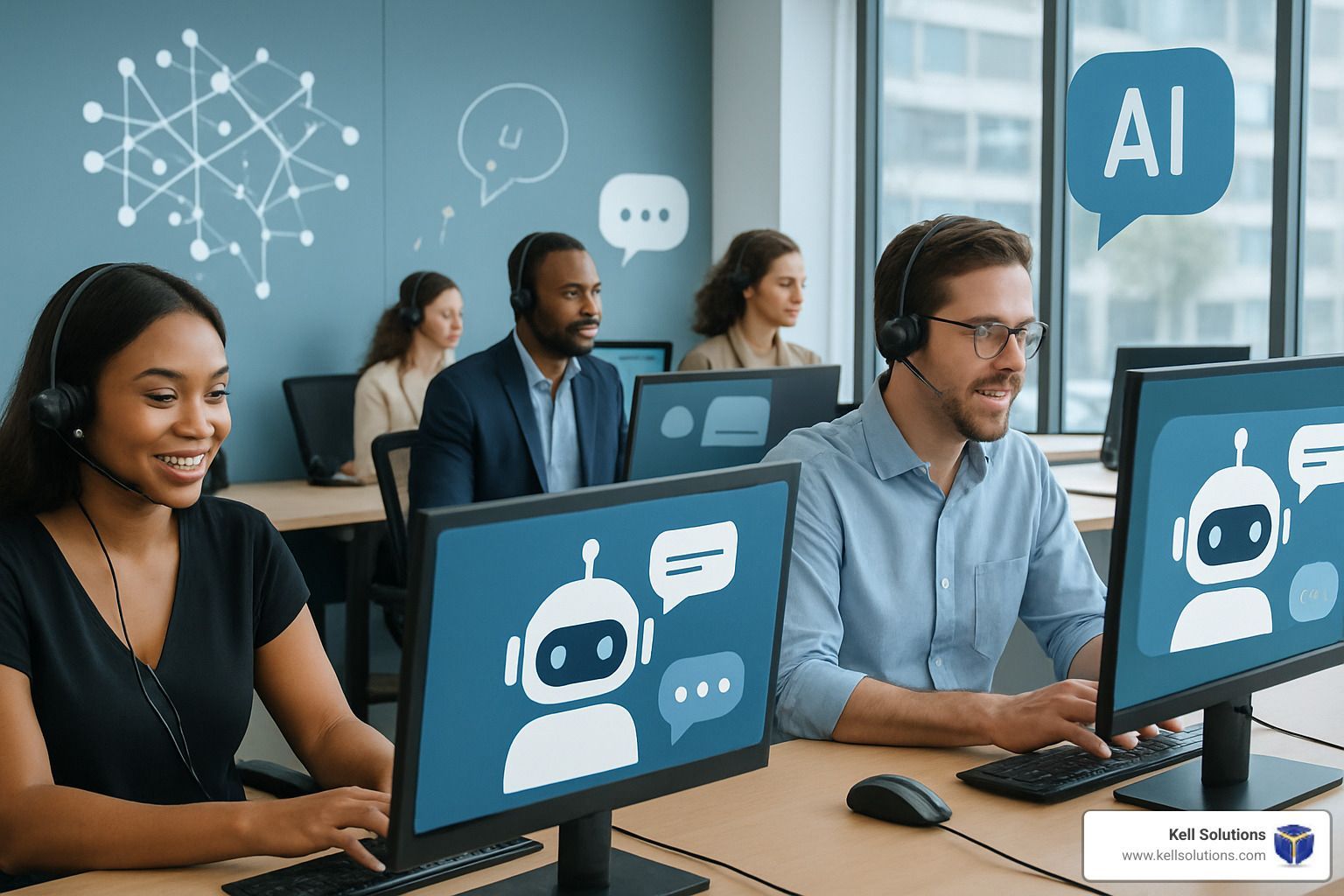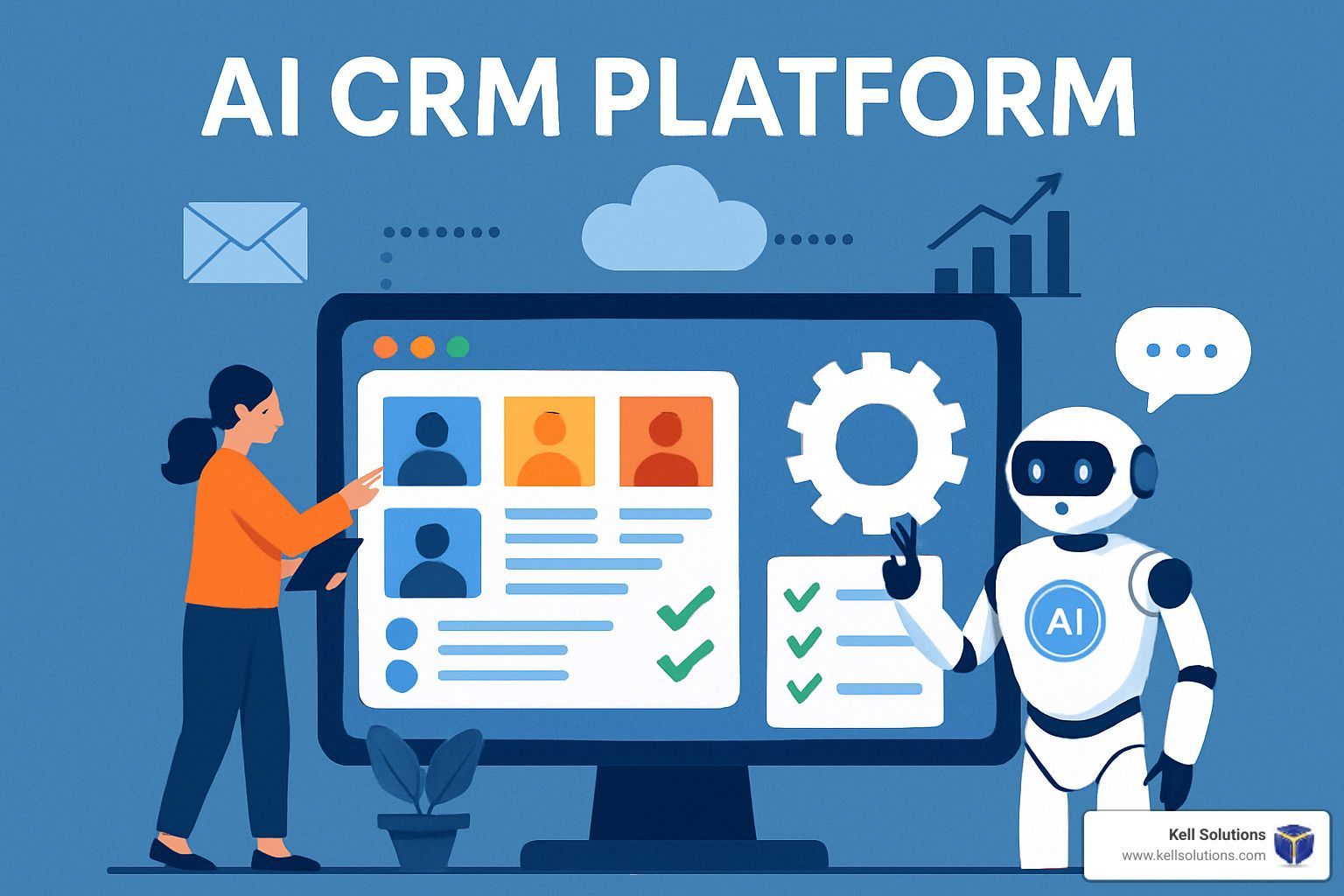AI Agents Explained: Your Business's New Best Friend
Using AI Agents for Modern Business Success
AI agents for businesses are autonomous software systems that can observe, plan, and take action to complete complex tasks with minimal human supervision. Unlike traditional chatbots or automation tools, they maintain memory, make decisions, and continuously learn from interactions.
What are AI agents for businesses?
AI agents are fundamentally changing how businesses operate by handling complex tasks autonomously. They go beyond simple automation by using advanced reasoning capabilities to understand context, adapt to new situations, and make decisions that previously required human intervention.
These digital teammates work within a continuous observe-plan-act cycle—monitoring their environment, strategizing responses through language models, and executing actions by interfacing with business systems. Unlike static chatbots that follow rigid scripts, AI agents can remember past interactions, learn from feedback, and improve over time.
The business impact is already substantial. Organizations implementing AI agents report productivity gains exceeding 50% in areas like software development and customer service. A consumer packaged goods company reduced content creation costs by 95% while improving speed by 50x, and a global bank cut customer service costs by 10x through virtual agents.
I'm Gregg Kell, founder of Kell Solutions, and I've witnessed how AI agents for businesses transform operations by eliminating bottlenecks and enabling 24/7 customer engagement while reducing staffing pressures.
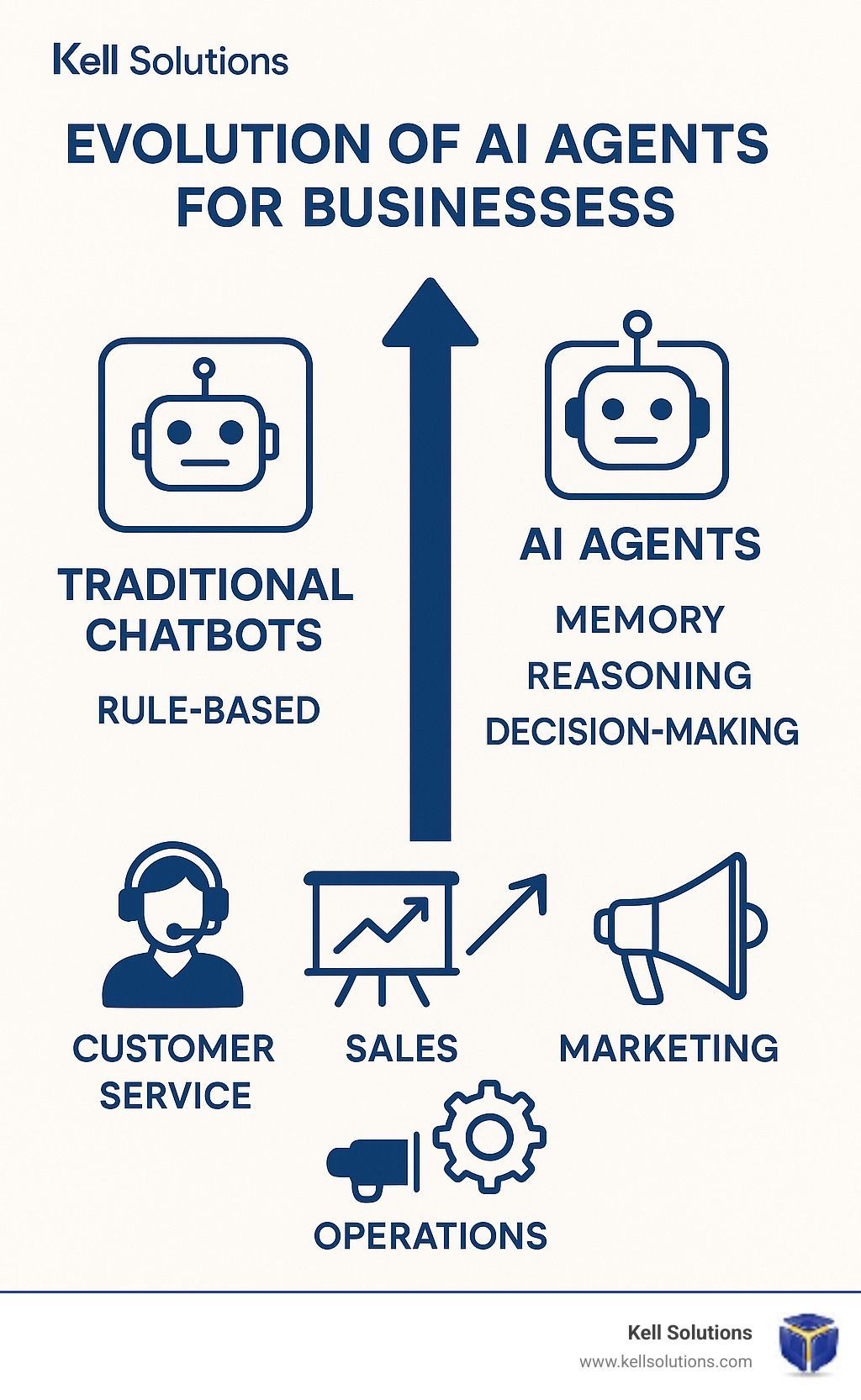
What Are AI Agents and Why Do They Matter?
AI agents for businesses are digital teammates that go far beyond basic automation. They represent a fundamental shift in how companies handle complex tasks, offering a level of autonomy and intelligence that traditional software simply can't match.
These sophisticated systems combine the reasoning power of large language models with the ability to take meaningful action in your business environment. Unlike passive tools, AI agents actively observe their surroundings, develop plans, and execute actions—all while remembering past interactions and continuously improving their performance.
As one industry expert puts it, "Think of agents as the new apps for an AI-powered world." This perfectly captures how these systems are becoming essential business infrastructure rather than optional tech add-ons.
The business value of AI agents is compelling because they effectively scale human expertise. While your best employee might handle dozens of cases daily, an AI agent can process thousands while maintaining consistent quality. It's like adding multiple skilled team members who work around the clock without taking breaks or vacations.
AI agents for businesses deliver remarkable benefits:
They work autonomously 24/7, ensuring no customer interaction goes unattended. They continuously learn from each conversation, becoming more effective over time. Their expertise can be deployed consistently across your entire organization. Unlike traditional systems, they maintain memory of past interactions for truly personalized service. Most importantly, they can evaluate options and make decisions without constant human supervision.
AI Agents vs. Traditional Automation & Chatbots
Understanding what sets AI agents for businesses apart from earlier technologies helps clarify their transformative potential.
Traditional chatbots follow rigid scripts and can only respond to anticipated questions. They're like digital parrots—repeating what they've been programmed to say without true understanding. Basic automation tools execute the same sequence repeatedly, like a factory machine performing one function.
In contrast, AI agents understand context, reason through complex problems, and handle unexpected situations by applying general principles—much like a human would.
As one customer service director shared: "Our previous chatbot could answer FAQs, but our AI agent can actually solve problems—it can look up order details, process a return, and send confirmation emails all on its own."
Core Components Every Agent Shares
While implementations vary, effective AI agents for businesses share several fundamental building blocks that work together as an integrated system:
The LLM Brain serves as the reasoning engine, processing information and generating plans much like a human brain. The Memory Module stores conversation history and learned patterns, giving the agent the context it needs to provide consistent service.
Every agent has a Profile Module containing its identity, permissions, and behavioral guidelines—essentially its personality and role definition. The Planning Module creates step-by-step approaches to solving problems, while the Action Module connects to external systems to implement decisions.
Tools & Integrations provide access to your business systems like CRM, email, and calendars, allowing the agent to take meaningful actions. The Entitlement Layer consists of security controls governing what the agent can access, and Safety Guardrails establish ethical and operational boundaries that prevent harmful actions.
"The architecture of AI agents functions like autonomous teammates following an observe–plan–act cycle with memory and profile modules," explains an AI architecture expert. This design allows agents to mimic human problem-solving while maintaining appropriate operational boundaries—making them both powerful and trustworthy additions to your business.
How Do AI Agents Work? Inside the Observe–Plan–Act Cycle
AI agents for businesses operate through a continuous cycle that mirrors human cognitive processes. This observe-plan-act cycle forms the foundation of their effectiveness and distinguishes them from simpler automation tools.
The Observe Phase
When an AI agent begins its work, it first takes in information—much like how we use our senses to understand a situation. Imagine a customer calls your business after hours. The agent actively listens to their voice, picking up on tone, keywords, and even subtle emotional cues.
At Kell Solutions, our voice agents don't just hear words—they truly listen, identifying customer intent and gathering relevant context before moving forward. They'll also tap into your business systems, checking the customer's history or account status, and recall previous interactions to provide a seamless experience.
The Plan Phase
With information in hand, the agent's "brain" (powered by advanced language models) goes to work. This isn't simple if-then logic—it's sophisticated reasoning.
"Agents observe their environment, plan actions via language models, and act by interfacing with systems," as one AI researcher puts it. Your AI agent is actually thinking through the problem, breaking it down into manageable steps, and mapping out a solution.
For instance, if a customer wants to change a shipping address on an order that's already processed, the agent doesn't panic—it formulates a multi-step plan involving order verification, address validation, and system updates. It's this planning capability that enables AI agents for businesses to handle complex workflows that would completely stump traditional automation.
The Act Phase
Now comes the execution. Your AI agent springs into action, communicating clearly with the customer while simultaneously working behind the scenes. It might access your order management system through APIs, update customer records, generate confirmation emails, or even coordinate with shipping providers.
A retail business customer shared this real-world example: "Our AI agent can correct a shipped order's address, place a new order to the right location, and cancel the existing one—all in a single conversation." The customer never needs to know how many different systems or steps were involved—they just get their problem solved.
The beauty of this cycle is that it's continuous. Each interaction teaches the agent something new, helping it refine its approach for next time. Your AI agents for businesses get smarter every day, delivering increasingly valuable results without requiring constant reprogramming. Learn more about how this applies to customer service in our AI Agent for Customer Service guide.
Architecture Deep Dive
Behind the friendly voice or helpful responses, AI agents for businesses rely on sophisticated technology working in harmony:
The interfaces connect your customers to the agent through their preferred channels—whether that's a phone call, chat window, or email. At Kell Solutions, our voice agents use natural language processing that makes conversations feel remarkably human.
Vector databases transform information into mathematical representations that capture meaning, not just keywords. This allows agents to quickly find relevant information even when the customer doesn't use exact terminology.
When multiple agents work together, orchestration frameworks ensure they coordinate seamlessly. Think of it as a well-rehearsed team where each member knows exactly when to step in and what their role is.
For mission-critical business functions, deterministic models provide consistency and reliability. As one retail technology leader shared: "Our centralized AI platform deploys agents that reduced software development cycle times by up to 60% and halved production errors."
Building Blocks in Practice
The good news is that implementing AI agents for businesses has become increasingly accessible:
Low-code studios allow businesses to create custom agents without extensive programming knowledge. You can define behaviors, set parameters, and design conversations through intuitive visual interfaces.
Giving your agent a clear role definition helps it understand its responsibilities and boundaries. For example: "This agent handles customer return requests and has authority to process refunds up to $500."
Pre-built skill libraries provide ready-to-use capabilities like calendar management or document generation, while testing sandboxes let you safely validate your agent's behavior before going live.
A technology services leader recently shared their success story: "We implemented an AI-driven omnichannel contact center with predictive intent modeling and real-time analytics to personalize millions of customer interactions."
At Kell Solutions, we've developed a streamlined approach to creating voice agents that deploy quickly while maintaining enterprise-grade quality. This makes advanced AI technology accessible to businesses of all sizes—not just tech giants with massive budgets. The scientific community continues to advance responsible autonomy in these systems, as explored in this Wired article on agentic AI.
AI Agents for Businesses: High-Impact Use Cases & Benefits
AI agents for businesses are creating waves of positive change across industries and departments. These digital teammates excel wherever information needs processing, decisions need making, and communication matters most—which is pretty much everywhere in today's business world!

Industry experts predict the AI agent market will grow at a stunning 45% CAGR over the next five years. This isn't just hype—it's backed by real results that businesses are seeing right now. Let's explore where these digital helpers are making the biggest splash.
AI Agents for Businesses in Customer Experience
Your customers want answers now, not just during business hours. That's where AI agents truly shine.
"Our AI Phone Agents are always on, even when your team is offline, ensuring consistent support and quicker resolutions," a customer service director recently told us. This 24/7 availability is a game-changer, especially if you serve customers across different time zones.
But it's not just about being available—it's about being emotionally intelligent too. Today's advanced agents can actually pick up on customer emotions through sentiment analysis and adjust their tone accordingly. The result? Conversations that feel surprisingly human.
At Kell Solutions, we've seen how voice-enabled AI agents create magical customer moments. As one client put it: "Customers are often surprised to learn they're speaking with an AI—the conversations feel that natural."
What about problem-solving? Thanks to their ability to access your business systems and databases, these agents can actually resolve issues on the first contact instead of bouncing customers between departments. One e-commerce company saw a 74% resolution rate and over 20% jump in customer satisfaction after bringing AI agents onboard.
Real brands are seeing real results. Sonos now serves 15 million customers with AI agents that improve the listener experience, while SiriusXM supports 34 million subscribers while boosting loyalty.
More info about AI Phone Agents
AI Agents for Businesses in Sales & Marketing
Sales and marketing teams are falling in love with AI agents because they turn mountains of data into meaningful conversations and connections.
Think about lead generation—agents can sift through signals and patterns to identify your most promising prospects. One biopharma company cut their lead cycle time by 25% using this approach.
"Our AI sales agent automates lead generation, personalized outreach and follow-ups," a sales manager recently shared. This means your sales team can maintain warm, consistent communication with many more prospects than humanly possible.
Marketing teams benefit too. Agents can continuously monitor campaign analytics, spotting trends before humans might notice them. They can pull data from multiple sources to create comprehensive ROI dashboards that show exactly where your marketing dollars are working hardest.
The efficiency gains can be breathtaking. One marketing director told us: "What used to take six analysts a week to produce, our agent now delivers in under an hour." That's not just saving time—it's enabling a whole new level of marketing agility.
More info about AI-Driven Marketing Revolution
AI Agents for Businesses in Internal Operations
Behind the scenes, AI agents for businesses are changing how companies run their day-to-day operations.
IT departments are using agents for legacy code modernization, with one team reporting productivity boosts of up to 40%. Help desk teams are implementing agents for ticket triage—categorizing, prioritizing, and routing internal requests so employees get faster support.
Finance teams aren't left out either. Agents excel at tedious tasks like payroll reconciliation, catching discrepancies before they become problems. Compliance teams use agents to ensure policy compliance by providing guidance and reviewing documentation.
Perhaps most valuable of all is how agents help with knowledge management—preserving and sharing your organization's hard-won wisdom. A technology leader at a global company told us: "Our agents automated over 2,000 security questionnaire responses in six weeks, freeing our specialists to focus on strategic initiatives."
Tangible Business Benefits
The business case for AI agents for businesses is compelling across every dimension that matters:
Speed to market improvements of 50% or more are common in areas like software development and customer service. A leading consumer goods company slashed content creation costs by 95% while making the process 50 times faster.
The cost reduction potential is enormous—a global bank cut customer service costs by 10x with AI virtual agents. Productivity gains of 40%+ are regularly reported when agents take over routine tasks.
But perhaps the most exciting benefit is how agents allow your human team to focus on what humans do best—innovation, creativity, and building relationships. By handling volume spikes without additional staffing, agents also make your operations more scalable and resilient.
As one operations leader summed it up: "The ROI wasn't just about cost savings—though those were substantial. The real value came from how quickly we could respond to market changes and customer needs."
That's the true promise of AI agents—not just doing things more efficiently, but enabling your business to be more responsive, more human, and more successful in ways that weren't possible before.
Implementing & Scaling AI Agents in Your Organization
Bringing AI agents for businesses into your company doesn't have to be overwhelming. With a thoughtful approach, organizations of all sizes can successfully integrate these digital teammates into their operations. At Kell Solutions, we've guided many businesses through this journey, and we've seen what works—and what doesn't.
Before diving in, take a moment to assess your organization's readiness. Is your data house in order? Do you have clear goals for what you want these agents to accomplish? Having answers to these questions will set you up for success from the start.
"The businesses that see the most dramatic results don't just drop in the technology and hope for the best," shares one of our implementation specialists. "They take time to prepare their data, their systems, and—most importantly—their people."
Data Readiness Assessment
The foundation of any successful AI agent implementation is quality data. Before moving forward, take stock of what you're working with. Clean, accessible business data makes all the difference in how effectively your agents will perform. You'll also want to evaluate your existing system integration capabilities and ensure you have solid data governance frameworks in place.
One financial services client told us: "We spent two weeks organizing our knowledge base before deployment, and it paid dividends in how quickly our agents became effective." This preparation phase isn't just busywork—it directly impacts your results.
Integration Roadmap
Your AI agents will need to communicate with your existing business systems. Creating a clear roadmap for these connections helps avoid headaches down the line. Think through your API access methods, map out exactly how data will flow between systems, and always have fallback procedures ready for when integrations hit bumps.
A well-designed integration plan acts as a blueprint that keeps your implementation on track, even when challenges arise. As one IT director put it: "We treated our integration plan like a living document, updating it as we learned what worked best for our unique environment."
Change Management
People make or break your AI agent implementation. The most sophisticated technology in the world falls flat without thoughtful change management. This means educating stakeholders about what AI agents can (and can't) do, clearly communicating how roles will evolve, and providing training programs that help your team collaborate effectively with their new digital colleagues.
"For many employees, this might be their first time working alongside AI," notes a change management expert. "Creating psychological safety and open dialogue about concerns builds the trust needed for successful adoption."
Step-by-Step Adoption Blueprint
Based on successful implementations we've guided at Kell Solutions, we recommend this practical approach:
- Identify Pain Points: Look for repetitive, time-consuming tasks that keep your team from higher-value work. These make perfect starting places for AI agents.
- Choose Pilot Workflow: Start small with a contained process. Customer support questions or internal help desk functions often make excellent pilots.
- Secure Stakeholder Buy-In: Bring leadership and affected teams into the conversation early. When people understand the vision, they become champions rather than resistors.
- Iterate on MVP: Begin with a minimum viable product and improve based on real performance. One retail client started their agents in "co-pilot mode," allowing human review before gradually increasing autonomy as confidence grew.
- Expand Enterprise-Wide: Once you've proven value in one area, methodically grow your agent program using lessons learned from your initial success.
A manufacturing client followed this exact blueprint and identified over $3.2 million in process improvements after starting with a focused pilot. Your results might vary, but the methodical approach remains the same.
More info about the Power of AI for Small Businesses
Human–AI Collaboration: Designing Future Teams
The most successful AI agents for businesses don't replace humans—they transform how teams work together. This partnership requires thoughtful design of your future workforce.
Role redesign becomes essential as routine tasks shift to AI agents. Jobs naturally evolve toward oversight, exception handling, and strategic thinking. One business leader shared: "Our customer service representatives now spend more time on complex problem-solving instead of answering the same basic questions repeatedly."
Investing in upskilling programs helps your team develop new capabilities like prompt engineering and agent supervision. When employees feel equipped to work alongside AI, adoption accelerates dramatically.
Well-designed agent systems always include clear mechanisms for human override when needed. This safety net builds confidence and ensures quality while agents are still learning your business.
Creating psychological safety around AI adoption requires open conversation. When team members understand that agents are tools to improve their work—not replace their jobs—resistance melts away.
The most successful organizations accept a culture shift toward collaborative human-AI teamwork. As one change management expert noted: "Soon, onboarding and supervising AI agents will be as natural as training new team members."
At Kell Solutions, we've watched our voice agents become valued team members, handling routine calls while human staff focus on complex customer needs that benefit from empathy and creative problem-solving. This partnership approach delivers the best of both worlds—AI efficiency combined with human ingenuity.
Risk, Governance & Building Trust in AI Agents
When bringing AI agents for businesses into your organization, establishing proper governance isn't just a checkbox—it's the foundation of successful adoption. Trust matters deeply, both for your team and your customers.
Security Controls
Your business data deserves serious protection. That's why leading organizations implement layered security for their AI agents:
"We encrypt all data at rest with AES-256 and data in transit with TLS," explains a security specialist I recently spoke with. This approach has become standard practice among responsible AI providers.
Beyond encryption, proper security requires role-based access control to limit what agents can do, secure API connections with proper authentication, and regular security testing to identify vulnerabilities before they become problems.
At Kell Solutions, we treat security as a continuous process rather than a one-time setup, ensuring your business information remains protected while our voice agents handle sensitive customer interactions.
Compliance Frameworks
AI agents for businesses must operate within clear regulatory boundaries. This typically includes:
SOC 2 Type II certification validates that service providers maintain strict information security policies. GDPR compliance matters for handling personal data, while industry-specific regulations like HIPAA for healthcare create additional requirements.
Documentation of these compliance measures isn't just paperwork—it provides peace of mind and demonstrable proof that your AI operations meet established standards.
Data Privacy
Customer trust begins with respecting privacy. Effective AI agents for businesses incorporate:
Clear data retention policies that limit how long information is kept, consent management for personal details, and data minimization principles that only collect what's truly needed. Transparency about how data is used completes this foundation of trust.
"We've found that being upfront about data practices actually increases customer comfort with our AI agents," shared one business leader whose company has successfully deployed agents across customer service functions.
Bias Mitigation
Fair and ethical AI operation doesn't happen by accident. It requires regular testing for biased outputs, training on diverse data sets, human review of unusual cases, and continuous monitoring to catch emerging patterns of unfairness.
One financial services company implements quarterly bias audits for their agents, ensuring their automated decision-making remains fair and balanced over time.
Audit Trails
When something goes wrong—and eventually, something will—accountability depends on knowing exactly what happened. Comprehensive logging of agent actions, clear attribution of decisions, and the ability to review past interactions create the transparency needed for continuous improvement.
Best Practices for Safe Deployment
Based on what works for industry leaders and our experience at Kell Solutions, here are proven approaches to responsible AI agent deployment:
Implement thoughtful permissions. "Role-based access control and VPC service controls create essential safety guardrails," advises a security architect I consulted. Your agents should have only the minimum permissions needed to do their jobs—nothing more.
Test thoroughly in sandbox environments before connecting agents to live business systems. This controlled testing prevents unexpected behavior from affecting real customers or operations.
Challenge your own security with red team assessments where security experts try to manipulate your agents. Finding vulnerabilities before deployment is always better than finding them after.
Watch continuously through dashboards and alerts that track performance and flag unusual patterns. And develop clear incident response procedures so everyone knows what to do if something goes wrong.
"We take security seriously. Your data is safe with us," should reflect genuine commitment, not just marketing language.
More info about AI Answering Services Technology Inside
Case Study Snapshot: Trusted Enterprise Roll-out
A global financial services firm shows how to deploy AI agents for businesses responsibly:
Facing pressure to accelerate financial analysis while maintaining strict compliance standards, they built a finance agent with clearly defined boundaries and human approval requirements for significant actions. Their governance dashboard provided oversight, while regular security audits verified compliance.
The results were impressive: 10x cost reduction in routine financial processes with zero compliance incidents. Their CISO noted: "By embedding governance from the start, we achieved both efficiency and trust—our auditors were actually impressed by the transparency of the system."
At Kell Solutions, we apply these same principles to our voice agents. We ensure they represent your business professionally while maintaining proper security controls, so you can confidently automate customer interactions without compromising trust or compliance.
The Future of Work with Human-AI Teams
As AI agents for businesses become more sophisticated and widespread, they're reshaping the fundamental nature of work. This isn't simply about automation—it's about creating new kinds of human-machine partnerships that open up previously impossible capabilities.

Augmented Intelligence
The most powerful paradigm emerging is augmented intelligence—humans and AI working together, each bringing their unique strengths to the table.
In these partnerships, humans contribute creativity, emotional intelligence, ethical judgment, and strategic thinking. Meanwhile, AI agents provide tireless processing, pattern recognition, consistency, and scalability. The combination creates something greater than either could achieve alone.
"The era of augmented intelligence is a partnership where human judgment and AI analytics combine to achieve outcomes neither can alone," explains a workplace futurist I spoke with recently.
I've seen this at Kell Solutions—our clients don't replace their teams with our voice agents. Instead, they create hybrid teams where routine calls are handled by AI while human staff focus on complex customer interactions requiring empathy and creative problem-solving.
AI-Native Organizations
Forward-thinking companies aren't just adding AI tools to existing structures—they're redesigning their entire operating models around these new capabilities.
This change includes flatter organizational structures with fewer middle-management layers, as AI handles many coordination tasks. We're also seeing decision-making pushed to the edges, supported by AI insights that were previously unavailable to frontline workers.
Perhaps most importantly, these organizations accept continuous learning and adaptation as core competencies. They measure success through innovation speed rather than just operational efficiency.
As one organizational design expert told me, "Companies will succeed not by better technology but by rethinking work and organization for AI collaboration." This mindset shift is often more challenging—and more rewarding—than the technical implementation itself.
Speed Over Scale
A fascinating shift is occurring in competitive advantage—from organizational size to organizational speed:
Traditional business wisdom valued scale—bigger was better because it brought economies of scale and market dominance. But AI agents for businesses are rewriting these rules. Small, agile teams augmented by AI can now outperform much larger traditional departments.
I recently spoke with a business leader who shared: "What used to require months and dozens of people can now be accomplished in days by a small team working with AI agents." This democratization of capability is opening doors for smaller businesses to compete effectively against industry giants.
Rapid experimentation and adaptation have become primary competitive advantages in this new landscape. The winners aren't necessarily the biggest—they're the fastest to learn and adapt.
New Business Models
The capabilities of AI agents for businesses are enabling entirely new approaches to value creation that simply weren't possible before:
Companies can now deliver hyper-personalization at scale, treating each customer as if they had dedicated staff. They can operate globally around the clock without massive staffing costs. Many are creating knowledge-as-a-service offerings that package their expertise in agent form.
Perhaps most transformative is the shift from reactive to predictive business processes—anticipating needs before customers even express them.
A retail executive I interviewed put it well: "We're not just automating our existing business—we're creating services that would have been impossible before." This mindset of possibility, rather than mere efficiency, is where the true potential lies.
Market Outlook & Emerging Trends
The future of AI agents is evolving rapidly, with several key trends emerging:
The AI agent market is expected to grow at a remarkable 45% CAGR over the next five years—a clear signal of their expanding business value. This growth is being fueled by several exciting developments.
Advanced reasoning models are dramatically improving agents' ability to handle complex and nuanced tasks. Multi-modal agents now work seamlessly across text, voice, images, and video, creating more natural interactions.
We're also seeing the rise of agent marketplaces—ecosystems of specialized agents that businesses can quickly deploy for specific purposes. And low-code agent factories are making custom agent creation accessible to non-technical users.
As a technology strategist recently told me, "You will soon be able to describe a custom AI agent in natural language and have it built automatically." At Kell Solutions, we're continually advancing our voice agent technology to incorporate these emerging capabilities, ensuring our clients benefit from the latest innovations.
Preparing Your Workforce Today
Organizations can take proactive steps to prepare for this AI-augmented future:
Start by creating skill maps that identify which capabilities will remain distinctly human and which will be improved or replaced by AI. Invest in responsible AI training so teams understand both the potential and limitations of these systems.
Identify and empower change champions who can help bridge the gap between technical capabilities and practical business applications. And build continuous learning loops that help both humans and AI agents improve over time.
A learning and development leader I work with offered this advice: "The most valuable skill will be the ability to collaborate effectively with AI systems—knowing when to rely on them and when to override them."
This new world of human-AI teams isn't something to fear—it's something to prepare for with curiosity and optimism. The organizations that thrive will be those that accept these partnerships while honoring the uniquely human qualities that no AI can replicate.
Call us for a free VoiceGenie AI demo to see how AI voice agents can transform your business operations while complementing your human team's strengths.
Frequently Asked Questions about AI Agents for Businesses
What distinguishes AI agents for businesses from regular chatbots?
When people first hear about AI agents for businesses, they often ask, "Isn't that just a fancy chatbot?" The difference is actually quite substantial – like comparing a bicycle to a car. Both get you places, but in very different ways!
Traditional chatbots follow predetermined scripts and decision trees. They're like those old "choose your own trip" books – they can only respond to what they've been specifically programmed to handle. If a customer asks something unexpected, the chatbot gets confused.
AI agents for businesses, on the other hand, actually understand what people are saying and can think on their feet. They maintain memory of your entire conversation (and previous ones too!), can access multiple systems to solve problems, and continuously learn from each interaction to get better over time.
As one of our clients put it: "Our old chatbot was like a receptionist who could only direct calls. Our AI agent is more like a skilled customer service rep who can actually solve problems."
At Kell Solutions, our voice agents demonstrate this difference every day. They carry on natural conversations, understand context and nuance, and can make appropriate decisions – all while maintaining that warm, human-like touch that keeps customers happy.
How much data and integration work is required upfront?
This is where good news comes in – you don't need to overhaul your entire tech stack to get started with AI agents for businesses!
Many businesses worry they'll need months of data preparation and complex integrations, but the reality is much more approachable. Think of it like cooking – you can make a simple, delicious meal with just a few quality ingredients, then add more complexity as you go.
For basic implementation, we typically only need your website content, key documents, and information about your products or services. This gives your agent enough knowledge to handle common questions and interactions right away.
As for integrations, we take a practical, stepped approach:
- Start with connecting to one or two critical systems (like your CRM or booking software)
- Demonstrate value and ROI from these initial connections
- Gradually add more sophisticated integrations as needed
One of our small business clients shared: "We were up and running in just two weeks with our first AI phone agent. We started simple and added more capabilities as we saw what customers were asking for."
At Kell Solutions, we've streamlined this process specifically for our voice agents. We handle the technical heavy lifting, so you can focus on what matters – growing your business and delighting your customers.
What safeguards keep AI agents secure and compliant?
Security isn't just a feature – it's the foundation of everything we do with AI agents for businesses. After all, these agents handle sensitive customer information and represent your brand.
Think of security for AI agents like the safety features in a modern car – multiple layers working together to keep everything secure. Here's how we approach it:
First, we implement robust technical protections including end-to-end encryption for all data, strict access controls that limit what the agent can do, and secure connections to your business systems. As one security expert puts it, "Your data should be safer with an AI agent than it is in most human-run processes."
Beyond the technical aspects, we build in governance guardrails that keep agents operating within appropriate boundaries. This includes human oversight for critical decisions, comprehensive logging so you can see exactly what happened in any interaction, and regular reviews to catch and correct any issues.
For businesses in regulated industries, we ensure compliance with relevant standards like HIPAA for healthcare or GDPR for personal data. We follow data minimization principles – only collecting what's actually needed – and maintain transparent policies about how AI is used.
Our voice agents at Kell Solutions incorporate these protections by design. We believe security should never be an afterthought or add-on feature. It's baked into everything we do, giving you peace of mind while your AI agent works tirelessly to support your business.
Call us for a free VoiceGenie AI demo to see how our secure AI agents can transform your business operations while maintaining the highest standards of protection.
Conclusion & Next Steps
The rise of AI agents for businesses marks a genuine shift in how companies operate and grow. We've seen how these intelligent systems deliver real-world benefits—from slashing costs to boosting productivity by more than 50%—across industries and departments.
Throughout our journey, we've uncovered several key insights:
AI agents are truly different from traditional automation. They think, and keep learning from every interaction they have.
The observe-plan-act cycle gives these agents their power, creating a continuous loop of improvement that static systems simply can't match.
From customer service to internal operations, these agents create value everywhere they're deployed. They're versatile problem-solvers that adapt to different business needs.
Success comes from starting small but thinking big. The best implementations begin with focused use cases where impact is immediate and measurable.
Trust and proper oversight aren't optional extras—they're essential foundations for any successful AI agent deployment.
The future isn't about robots replacing humans. It's about creating powerful partnerships where each brings their unique strengths to the table.
At Kell Solutions, we've seen how voice-enabled AI agents transform customer interactions. Our phone agents never sleep, maintain consistent quality across every call, and know exactly when to bring in human team members for complex situations.
Building an AI-improved organization doesn't happen overnight, and it doesn't need to be overwhelming. Start with one area where you're feeling pain—maybe it's those after-hours calls you're missing, or the repetitive questions tying up your staff. Implement a focused solution, learn from the experience, and grow from there.
As you consider your next steps, think about how AI voice agents might fit into your specific business context. Our team specializes in creating custom voice solutions that sound like your brand and understand your unique processes.
Call us for a free VoiceGenie AI demo
The most successful businesses in the coming years won't be those with the biggest AI budgets or the most cutting-edge technology. They'll be the ones that thoughtfully integrate AI agents for businesses as partners in creating better experiences for customers and employees alike. The technology is ready and waiting—are you ready to put it to work?
📚 About the Author
Gregg Kell is a seasoned digital marketing strategist and founder of Kell Web Solutions, Inc., helping professional service firms grow through innovative AI-powered solutions like VoiceGenie AI. With over 20 years of experience in web development, lead generation, and business automation, Gregg is passionate about helping small businesses maximize growth and profitability through cutting-edge technologies.
When he’s not helping businesses boost their bottom line, Gregg enjoys life by the beach in Laguna Beach, California, with his wife Debbie, celebrating over 40 years of marriage and entrepreneurial adventures.
👉 Explore More from Gregg:
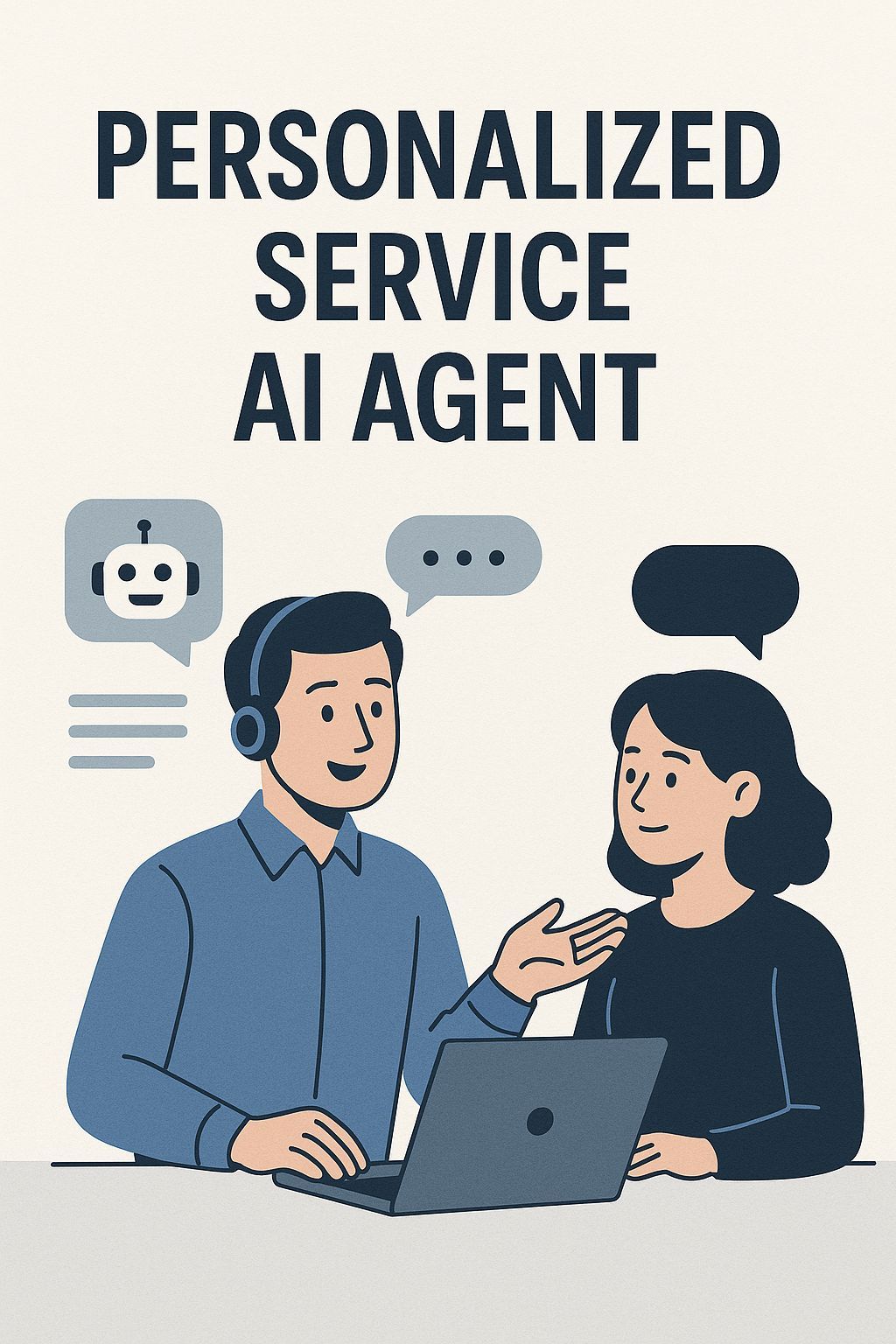

Orange County HVAC Google AI Overview Domination: 7 Proven Strategies to Capture Featured AI Results




